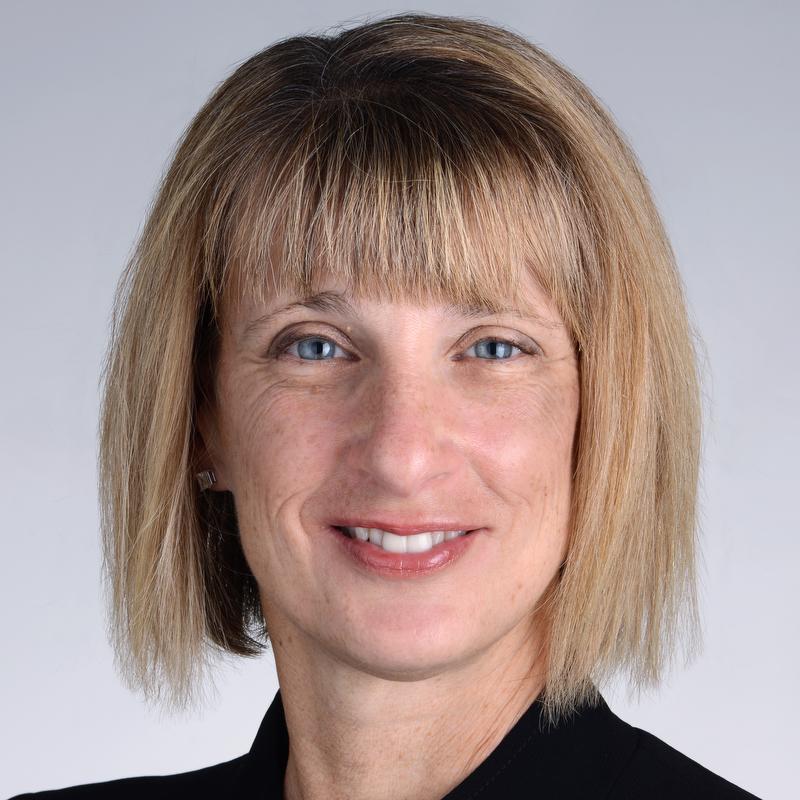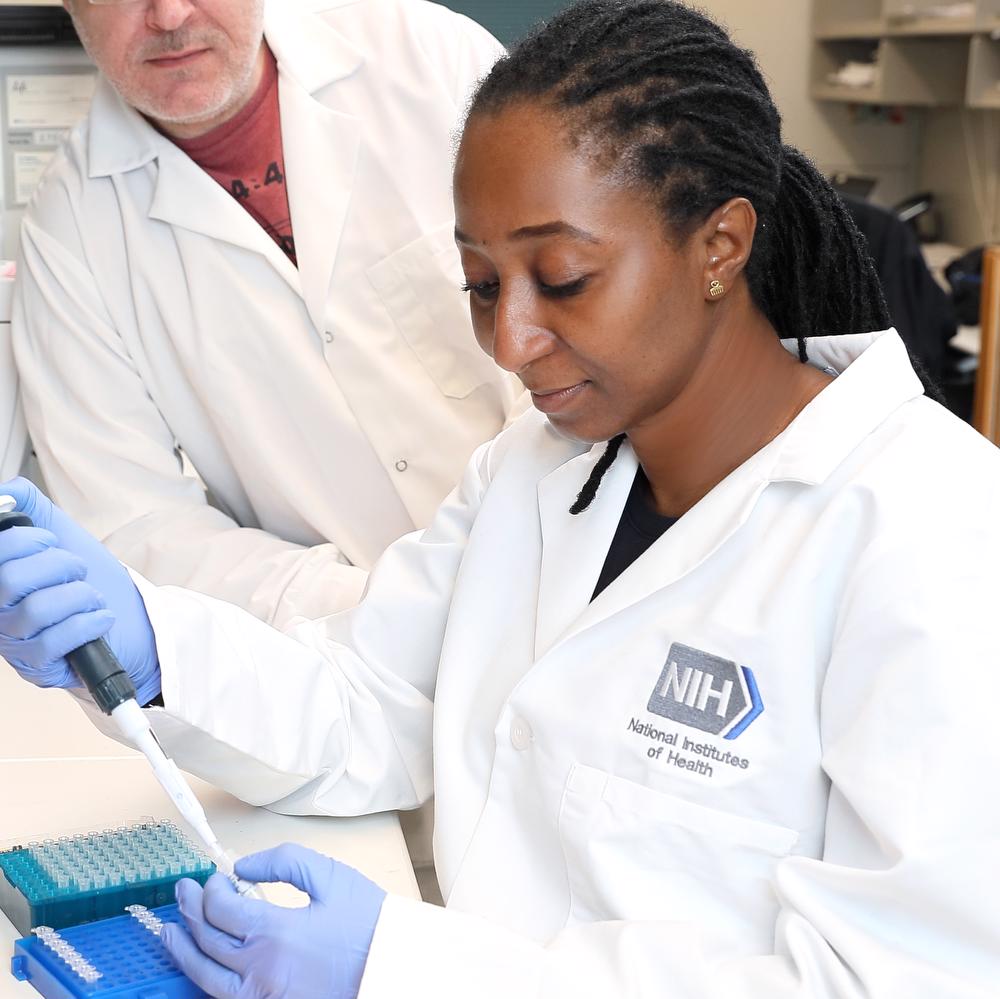

Women Making a Difference in Research
By Kelly Hale , Marketing & Communications Specialist
Jun 14, 2022
Research is a critical part of helping improve the health outcomes of people around the world, and at the University of Kansas Medical Center, women are making their mark on the world of medicine both nationally and internationally through research and facility management.
Dr. In-Young Choi
Dr. In-Young Choi, Ph.D., is a Professor in the Neurology Department and Director of the Metabolic Imaging Unit and Magnetic Resonance Science Program at Hoglund Biomedical Imaging Center. She is a world leader in magnetic resonance technology, especially magnetic resonance spectroscopy (MRS), and establishing it as a clinical and research tool. She has extensively published her work in research papers, proceedings, and books on the topic.
She views herself as an imaging scientist, who creates new techniques to measure chemical, metabolic, and physiological events in the brain and applies them to clinical and pre-clinical research. She has worked with numerous investigators at KU Medical Center and beyond, nationally, and internationally.
Through these interactions, she identified critical research needs, which led her to organize an international workshop on "Advanced Neuro MR: Best Practices for Technical Implementation", supported by the International Society of Magnetic Resonance in Medicine (ISMRM), the largest gathering in MR science and technology, which led to a collaboration of the MRS community as the challenge has been in both the clinical and research fields for many years the absence of an "industry standard" approach as to how it should best be implemented with most laboratories following their own preferred implementation. This has resulted in limited ability to truly compare results across laboratories or to build large-scale reference libraries for clinical use. To address this challenge, Dr. Choi has also been instrumental in bringing together nearly 100 experts to establish consensus in 13 specific aspects of MRS. Each group came up with recommendations regarding current advanced MRS techniques and how to implement them.
This was the first time that there was a collaboration of this type in the community. Through the multi-year process of developing consensus recommendations, which coincided with the beginning of the COVID-19 pandemic, each working group was given the opportunity to build relationships within the community, and as Dr. Choi says, "It helps us to build a collaborative spirit rather than being competitive."
Bringing the MRS community together to help achieve the best health outcomes for patients is just one of the many great successes that Dr. Choi has achieved, and we look forward to seeing what else she accomplishes in the coming years. In addition, Dr. Choi is a past recipient of a Frontiers Team Science Award, which was a collaboration of over 10 years of work focused on integrated studies related to prevention strategies for Alzheimer's Disease (AD) and related dementias. The team's efforts have blended expertise in the areas of aging/AD, neuroimaging, and exercise and nutrition.
Dr. Sandra Billinger
Someone else making a mark in her field of study is internationally renowned Dr. Sandra Billinger, PT, Ph.D., FAHA., Professor in the Department of Physical Therapy, Rehabilitation Science and Athletic Training where she is the Director of the Research in Exercise and Cardiovascular Health (REACH) Laboratory, and serves as Assistant Director, Imaging Core of the KU Alzheimer's Disease Research Center.
Dr. Billinger is a leader and developed several exercise tests specifically for people with stroke to best measure their aerobic fitness and prescribe exercise. She has taught clinicians and researchers around the globe on conducting and implementing exercise testing into inpatient and outpatient stroke rehabilitation. Dr. Billinger believes strongly that exercise is a critical component of stroke recovery and often states " "what's good for the heart, is good for the brain". She has presented her work to the American Stroke Association leadership and advocates for modified cardiac rehabilitation programs to be implemented into stroke recovery.
Dr. Billinger was recognized by the World Stroke Organization Board of Directors in 2022 as one of the outstanding women who have made important and significant contributions to the field of stroke and brain health around the world. In 2021, she was presented with the Excellence in Research Neurologic Physical Therapy award from the American Physical Therapy Association, and the WiSTEMM Educator Award presented by the Central Exchange STEMMy Award where she was nominated by her trainees for the award. Dr. Billinger is a past recipient of a Frontiers Team Science Award (2018, 2020), and she also received the Frontiers Trailblazer Award for her efforts in diversifying stroke research.
Dr. Billinger leads several multi-site stroke recovery trials at KU Medical Center and believes strongly in the team science approach. For 8 years, Dr. Billinger has worked closely with Dr. Sarah Eickmeyer, Director of Inpatient Stroke Rehabilitation and Dr. Michael Abraham, Director of Acute Stroke Research. Currently, this team is collaborating on an industry-sponsored device trial, EMAGINE (BrainQ (BQ), sponsor) where KU Medical Center is one of nine sites that is currently up and running and the only one in the Midwest delivering this exciting technology-focused on stroke recovery. "Our success at getting this study up and running and recruiting one of the first randomized participants, shows that we are more than capable of completing complex clinical trials. Like our other trials in stroke, we are meeting or exceeding recruitment targets and providing first-class treatment approaches to our Kansas City community. Our success builds on a strong clinical team that ensures we reach our recruitment targets and clinical trials administrative support that allows us to establish budgets and contracts efficiently so we can get studies started quickly."
The study is designed to allow participants to receive the BQ therapy during the acute hospitalization, and accompany them to the inpatient rehabilitation facility, and eventually home. The BQ device is operated remotely with the assistance of a caregiver in conjunction with periodic remote monitoring by a physical or occupational therapist. The investigational therapy is intended to be used with the current standard of care.
With one in four adults expected to have a stroke in their lifetime, it is important to develop the recovery process as recovery is a life-long practice.
Justine Kigenyi
Great science relies on great facilitators who lead the vital core resource facilities where much of the work is done and one of those women who is making a difference is Justine Kigenyi, MBA, FACHE, the Administrative Director of the Hoglund Biomedical Imaging Center. She serves on the Executive Board of the Association of Biomolecular Resource Facilities (ABRF), which serves over 1800 members working within or in the support of Shared Research Resources (SRR) and research biotechnology laboratories. She also serves on the faculty of ABRF's Business Skills Curriculum for SRR Directors, scientists and managers and recently completed an assignment on ABRF's Strategic Planning Task Force.
She has published and edited several papers related to the administration and operation of SRRs in academic research centers. Most recently, she co-authored two manuscripts around sustainably ramping down and ramping up non-critical research activities in the early days of the COVID-19 pandemic. These manuscripts aim to serve as a resource for business continuity and sustainability in the face of disruptions from major emergencies and natural disasters.
SRRs enable efficient and widespread access to state-of-the-art technologies and scientific expertise that have accelerated research for over 40 years. With ABRF, Kigenyi collaborates with others to shape and inform strategy and best practices for SRRs amongst institutions, to drive innovation and return the most value to all stakeholders within the SRR ecosystem. She has participated in many efforts addressing return on investment for SRRs.
Kigenyi is also one of 14 members on the Federation of American Societies for Experimental Biology (FASEB) special Task Force on Maximizing the Value of Shared Research Resources (SRRs), which comprised leaders of SRRs from leading institutions across the nation. The task force developed toolkits and key recommendations addressing accessibility, institutional stewardship, workforce development and sustainability of SRRs; and published a policy brief with recommendations to create a National Strategy for SRRs. Although ABRF and FASEB are scientific organizations, there is a growing recognition and appreciation of the role that strong business plans, systems and processes play in support of the scientific output, and how leaders like Kigenyi are making major contributions in this space.
Kigenyi is also a member and Fellow of the American College of Healthcare Executives and is a board member of its state chapter, the Kansas Association of Healthcare Executives.
One of the things that Kigenyi is most proud of during her 15-year career in SRRs is the ability to leverage the resources, connections, and networks she is involved in to help optimize and improve the resources that researchers rely on at the Hoglund Biomedical Imaging Center, at KUMC and beyond, to return the most value and impact to all research partners and stakeholders. Looking forward, Kigenyi is working both nationally and locally to ensure that SRRs best serve the needs of biomedical research by including and serving a diverse community of stakeholders. Through her work on local and national Diversity, Equity, and Inclusion (DEI) teams, she is identifying opportunities to ensure that SRRs are welcoming to all stakeholders - staff, study teams, and study participants alike.
These women, and so many more like them at KU Medical Center are making a difference in research and working towards better health outcomes for patients for years to come.
Learn more about Dr. Choi's work, and Dr. Billinger's work.
Latest Articles
View All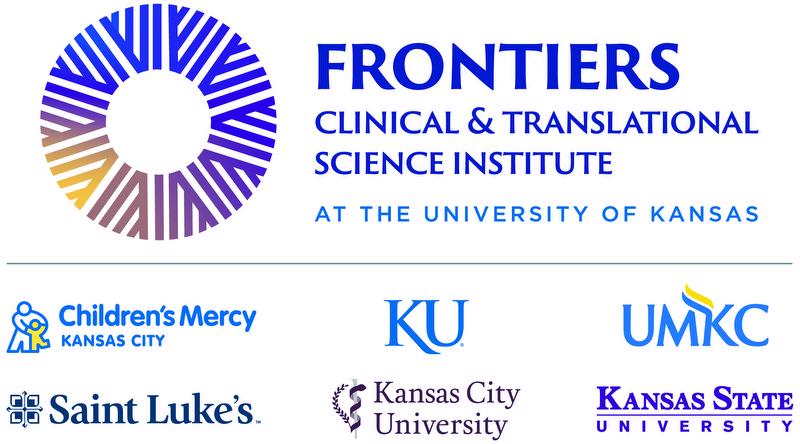 Funded Projects · News
Funded Projects · News
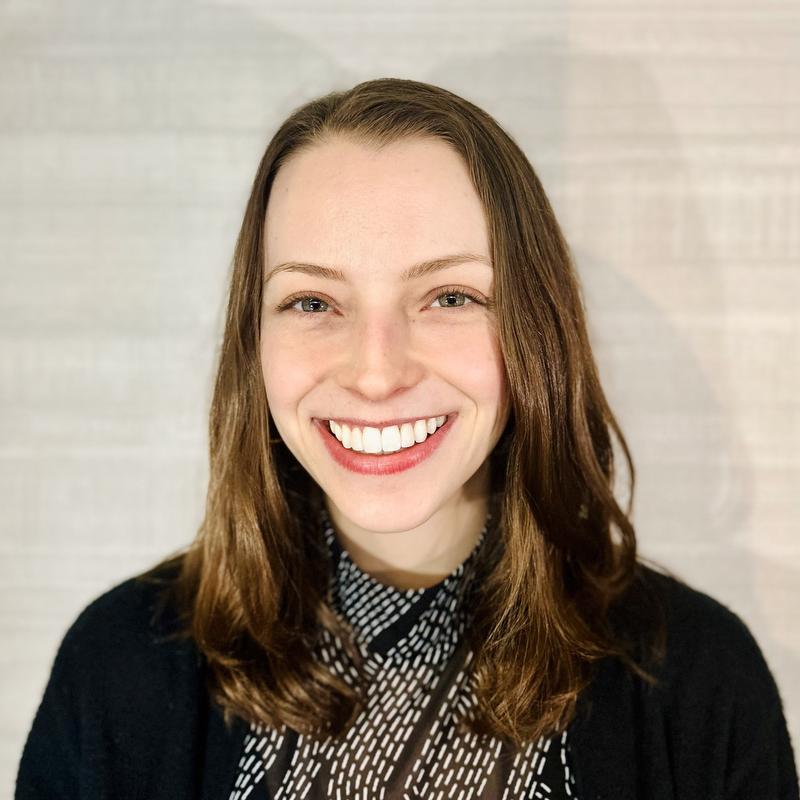 TL1 Trainee · News
TL1 Trainee · News
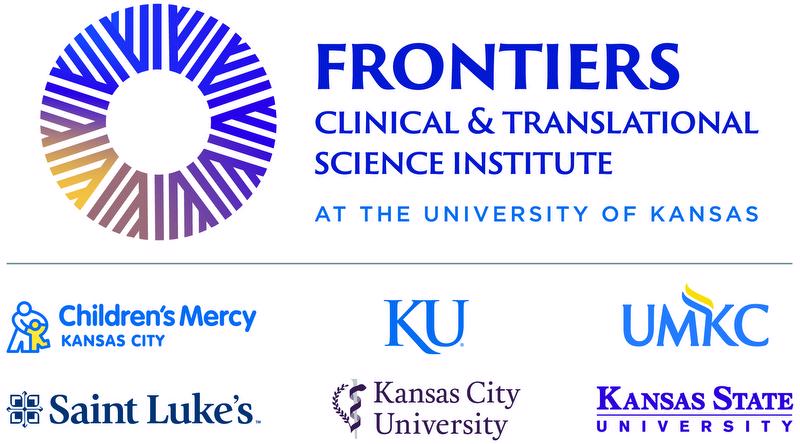 Funded Projects · News
Funded Projects · News
 TL1 Trainee · News
TL1 Trainee · News
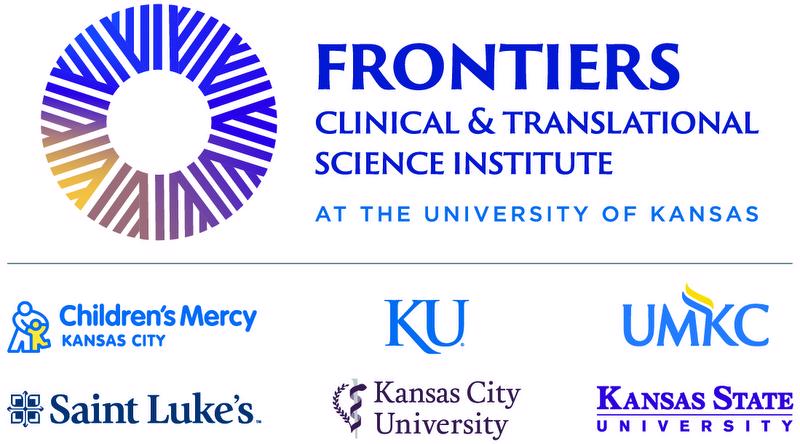 Funded Projects · News
Funded Projects · News
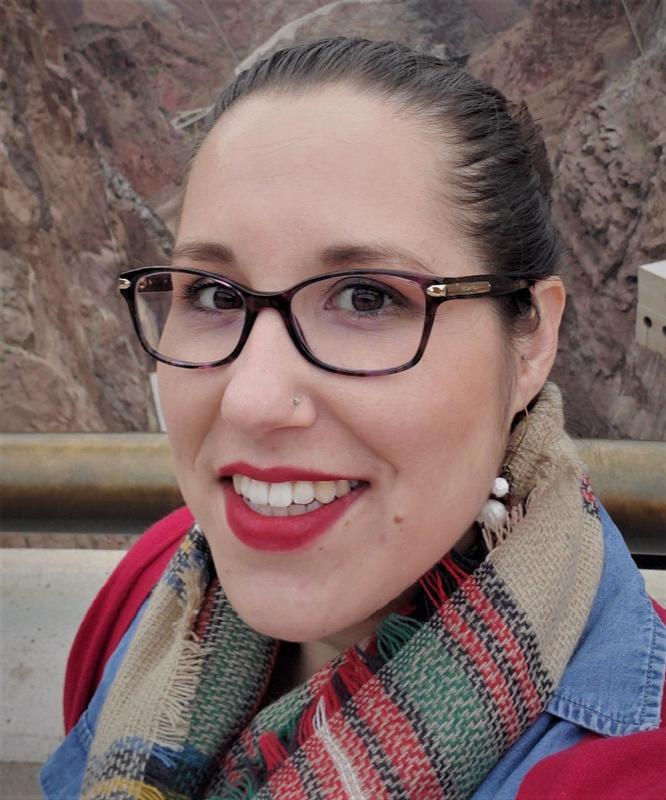 TL1 Trainee · News
TL1 Trainee · News
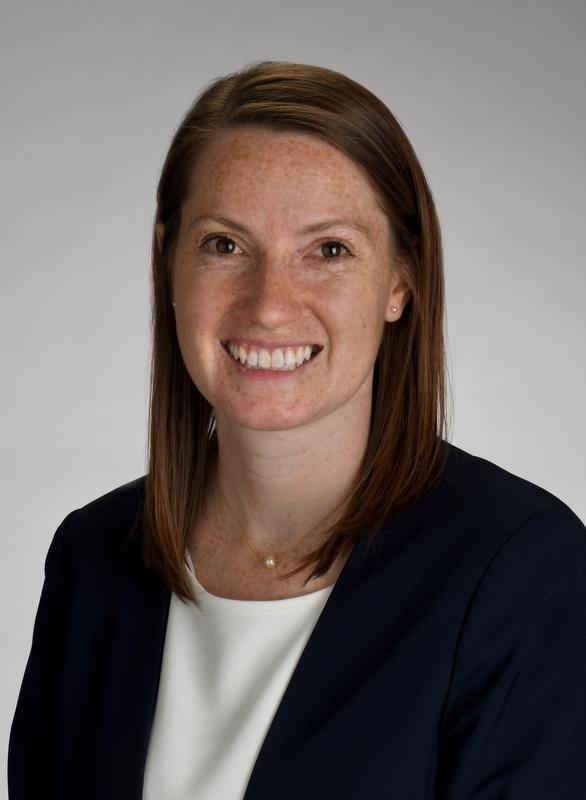 KL2 Scholar · News
KL2 Scholar · News
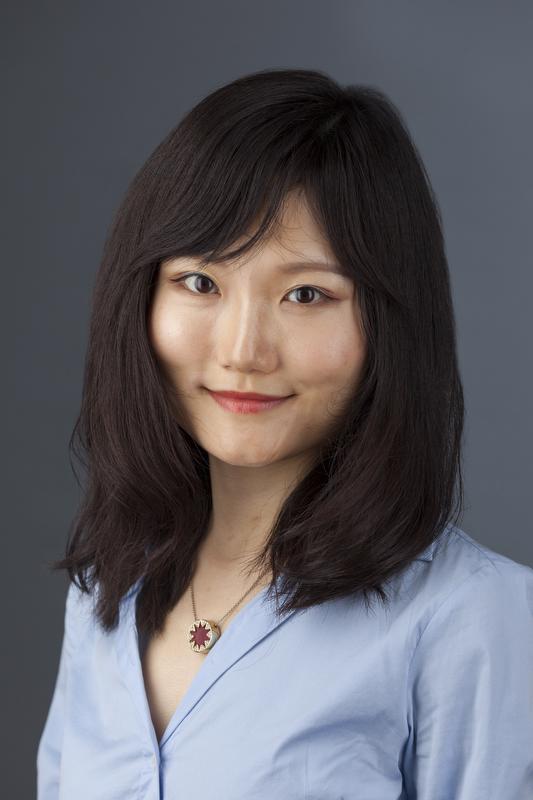 Funded Projects · News
Funded Projects · News
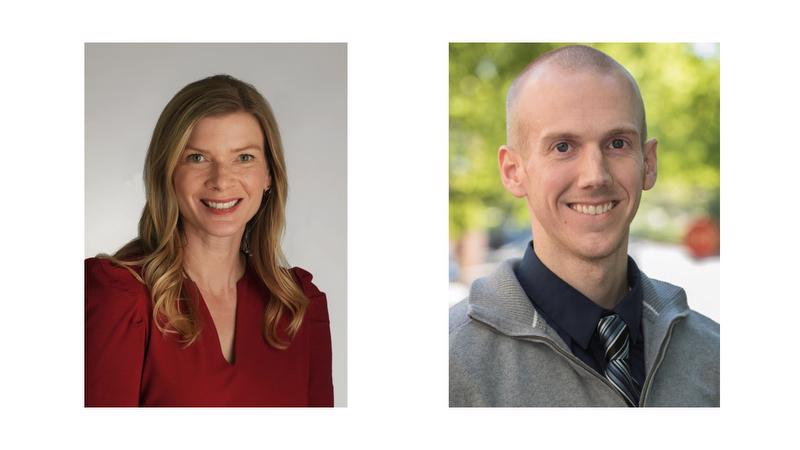 Funded Projects · News
Funded Projects · News
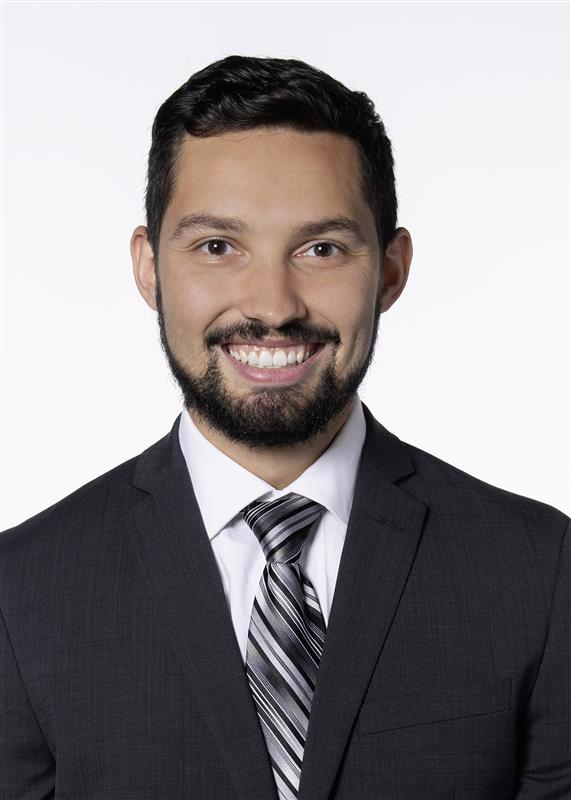 TL1 Trainee · News
TL1 Trainee · News
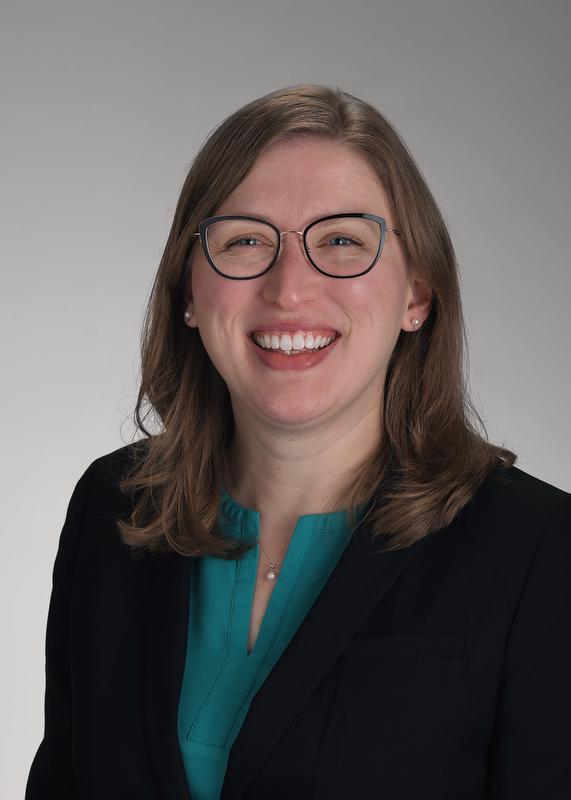 KL2 Scholar · News
KL2 Scholar · News
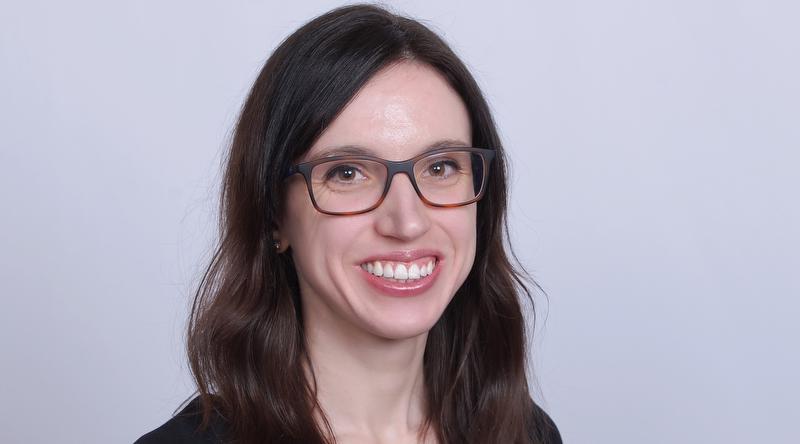 Funded Projects · News
Funded Projects · News
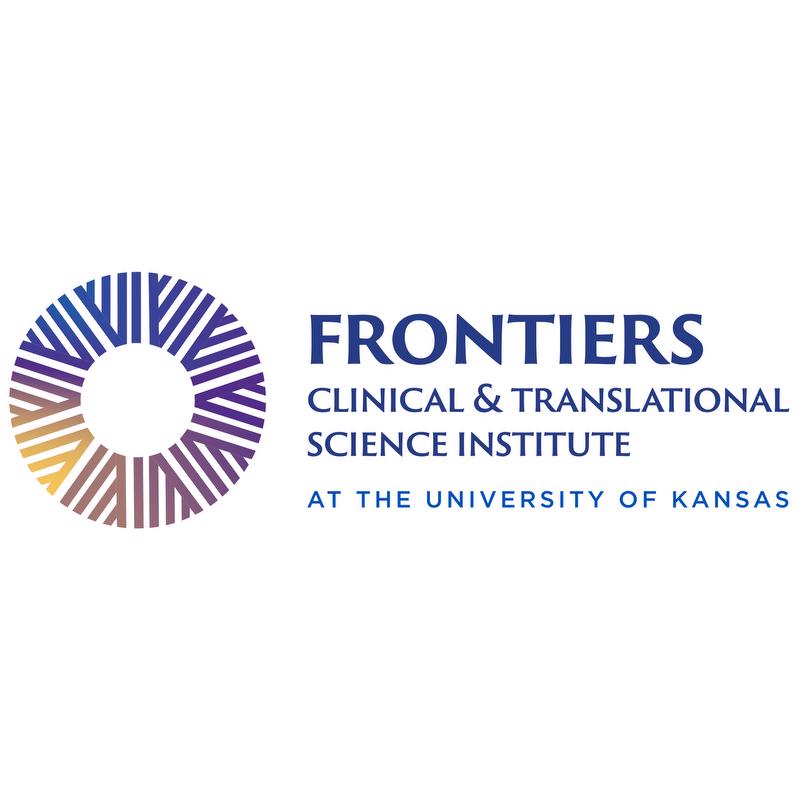 News
News
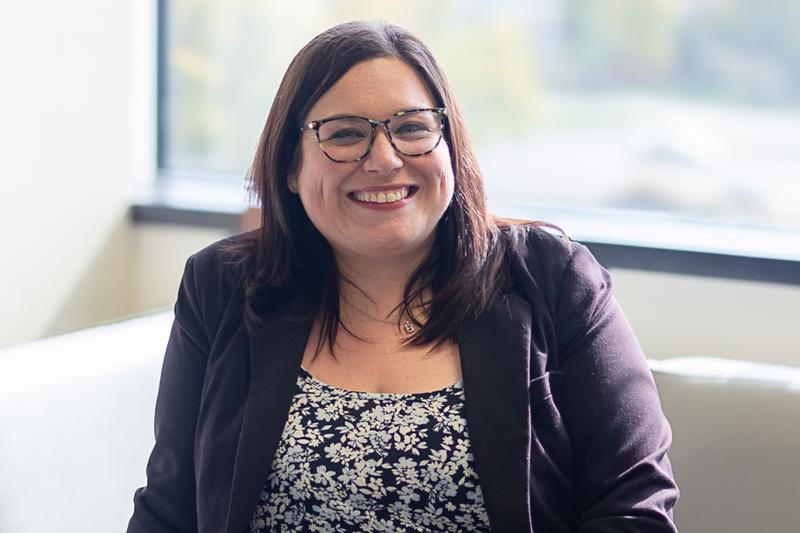 TL1 Trainee · News
TL1 Trainee · News
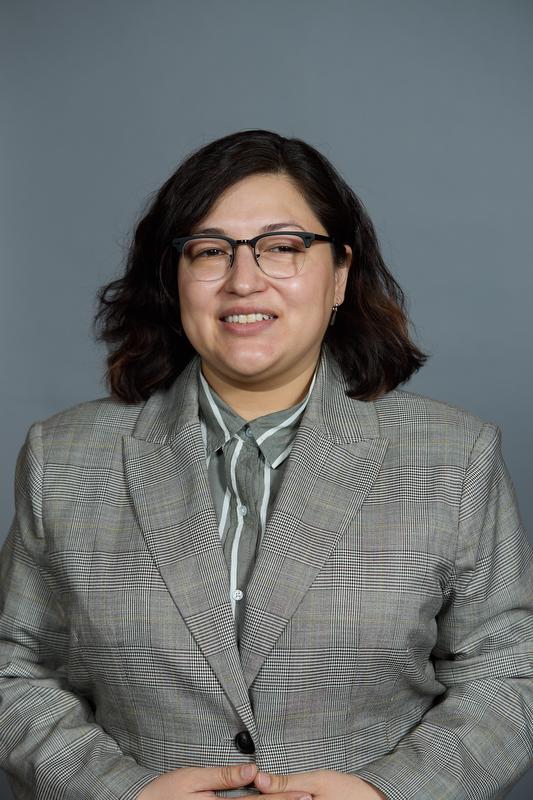 News
News
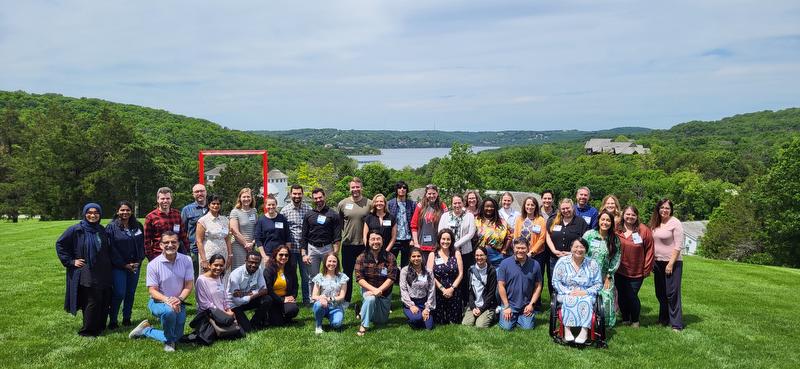 News
News
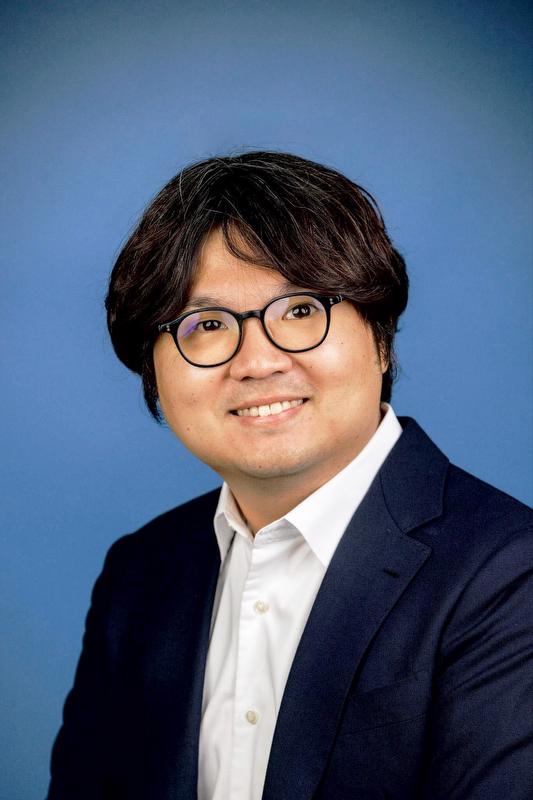 Funded Projects · News
Funded Projects · News
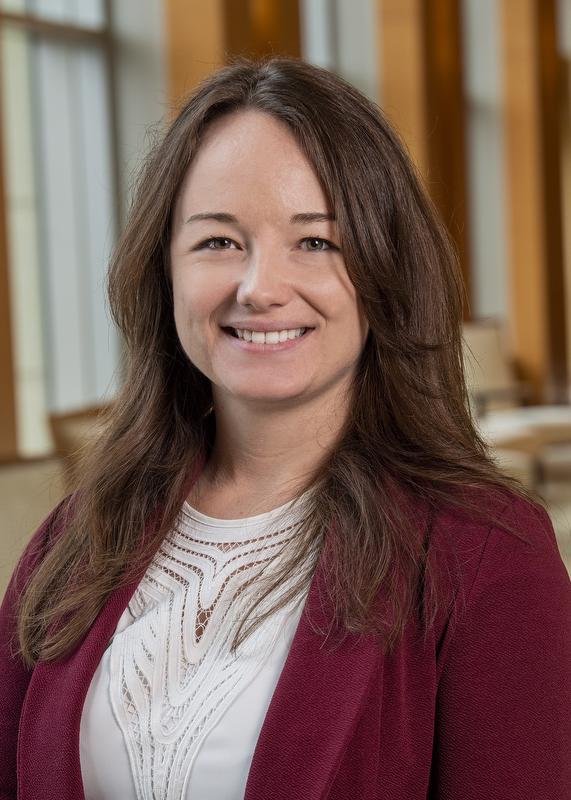 TL1 Trainee · News
TL1 Trainee · News
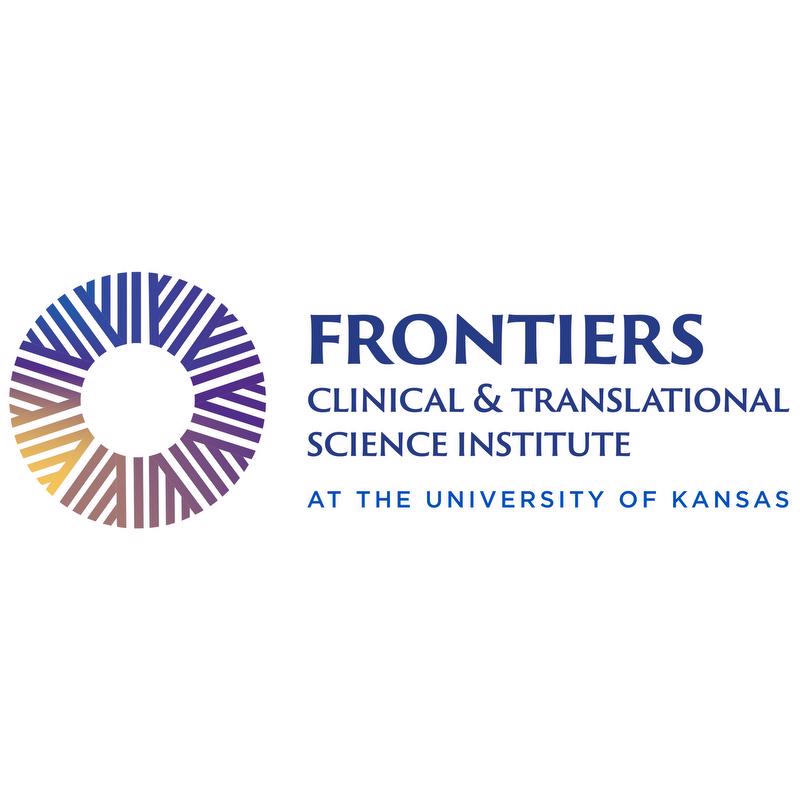 Events
Events
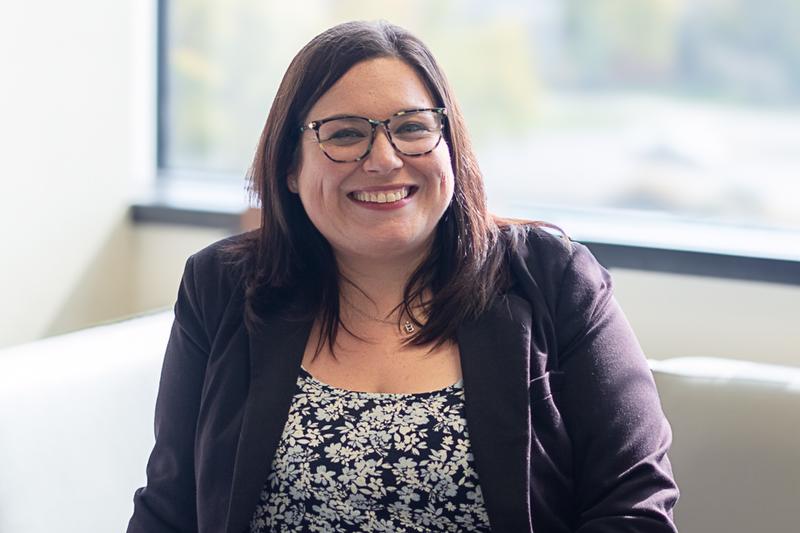 TL1 Trainee · News
TL1 Trainee · News
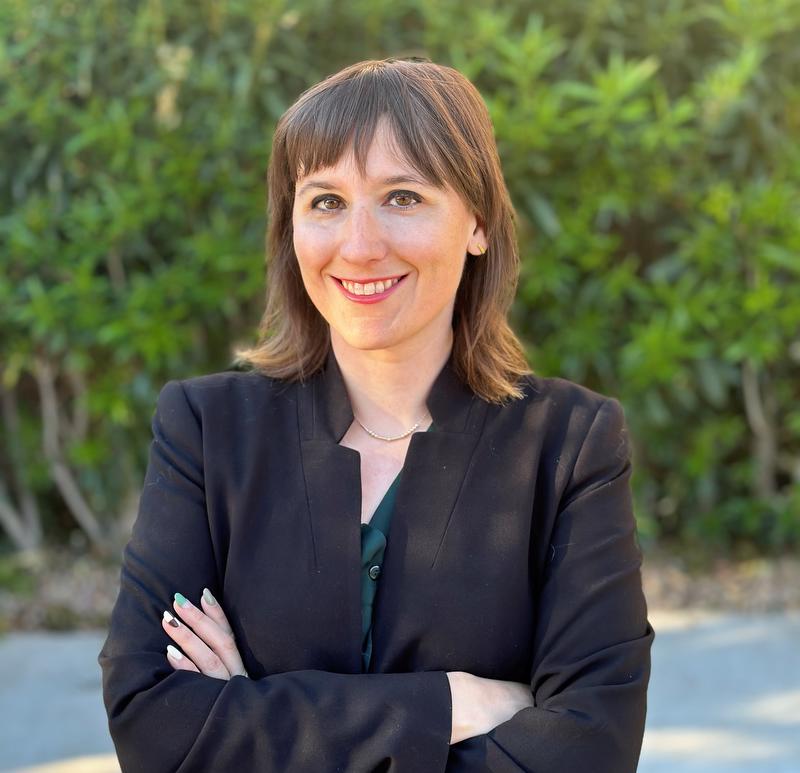 News
News
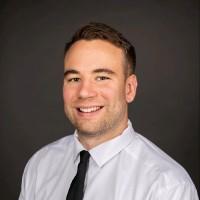 TL1 Trainee · News
TL1 Trainee · News
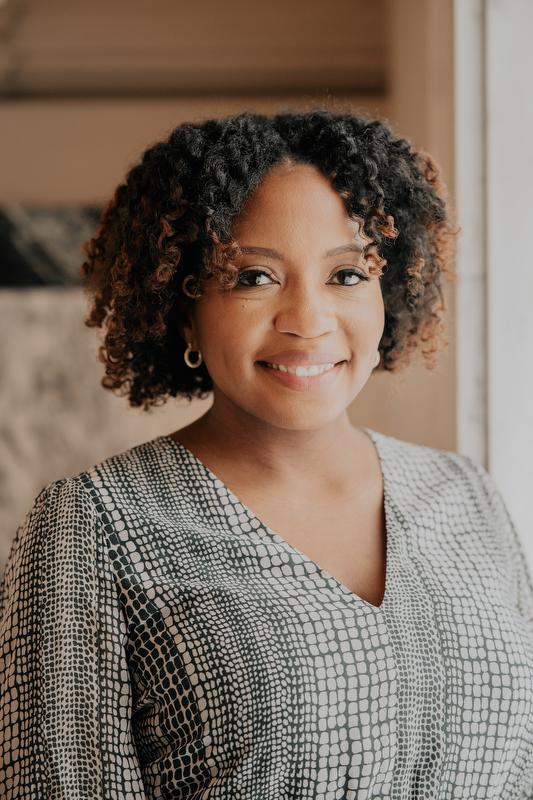 KL2 Scholar · News
KL2 Scholar · News
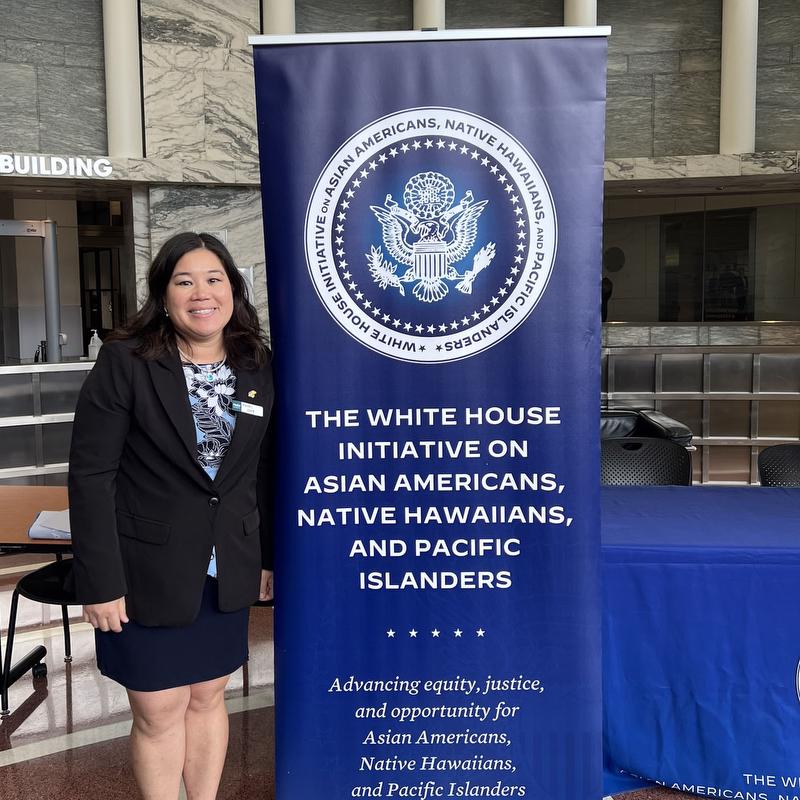 News
News
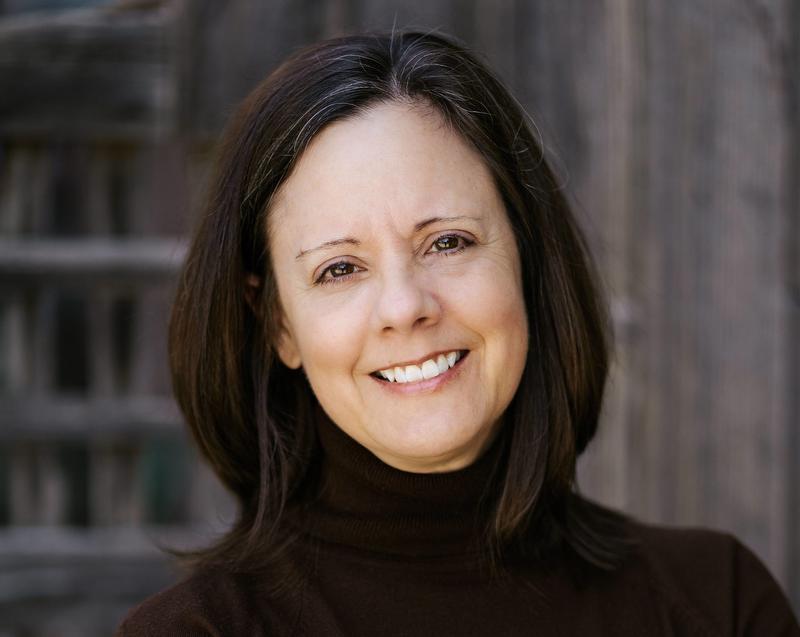 KL2 Scholar · News
KL2 Scholar · News
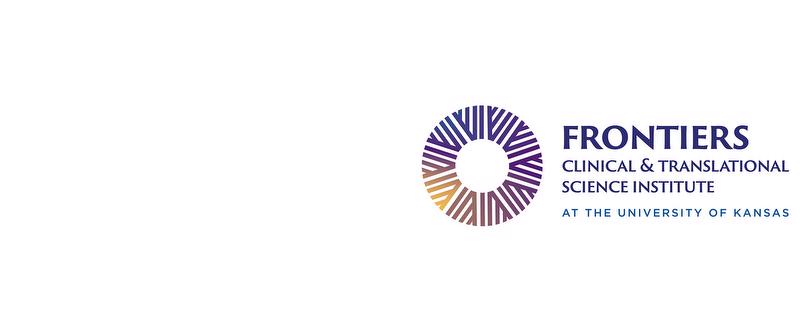 Funded Projects · News
Funded Projects · News
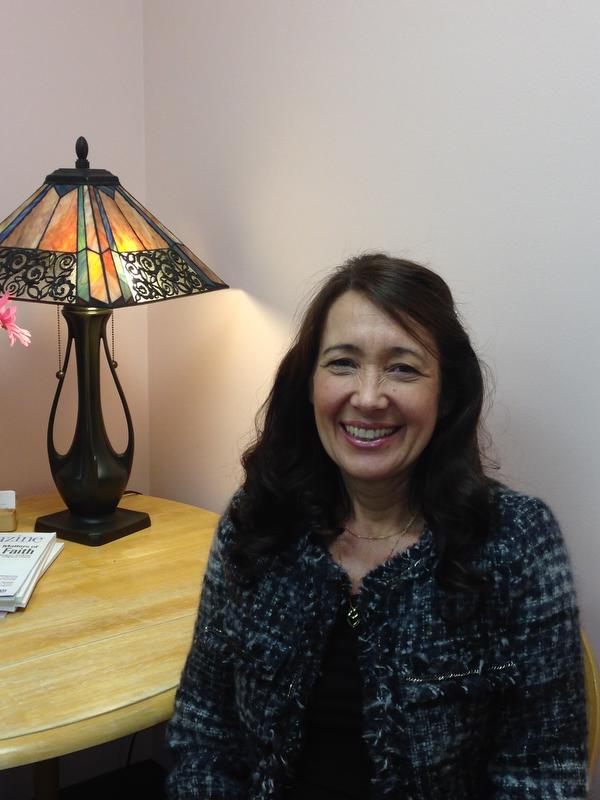 News
News
 TL1 Trainee · News
TL1 Trainee · News
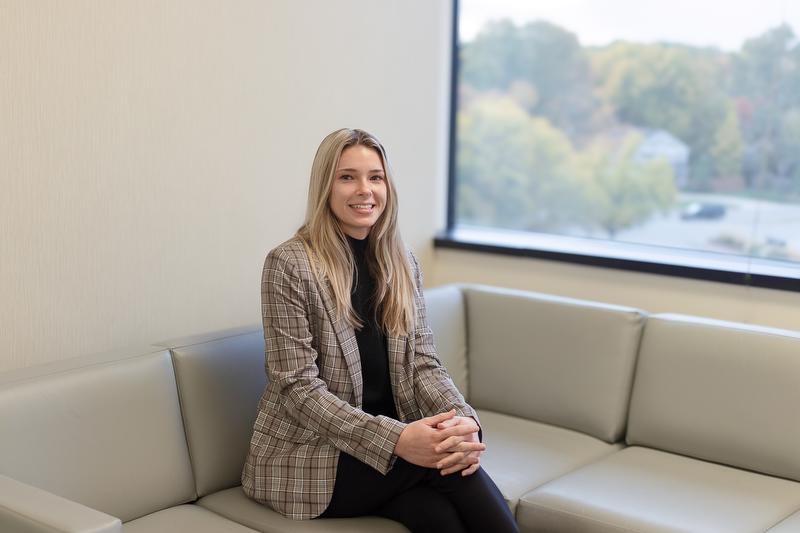
 TL1 Trainee · News
TL1 Trainee · News
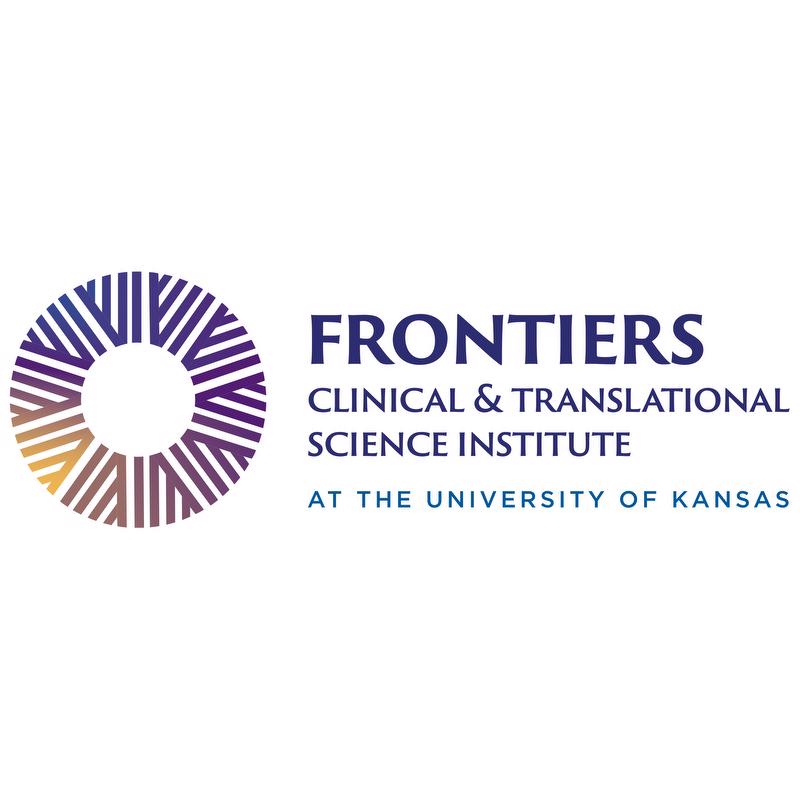 Services · News
Services · News
 News
News
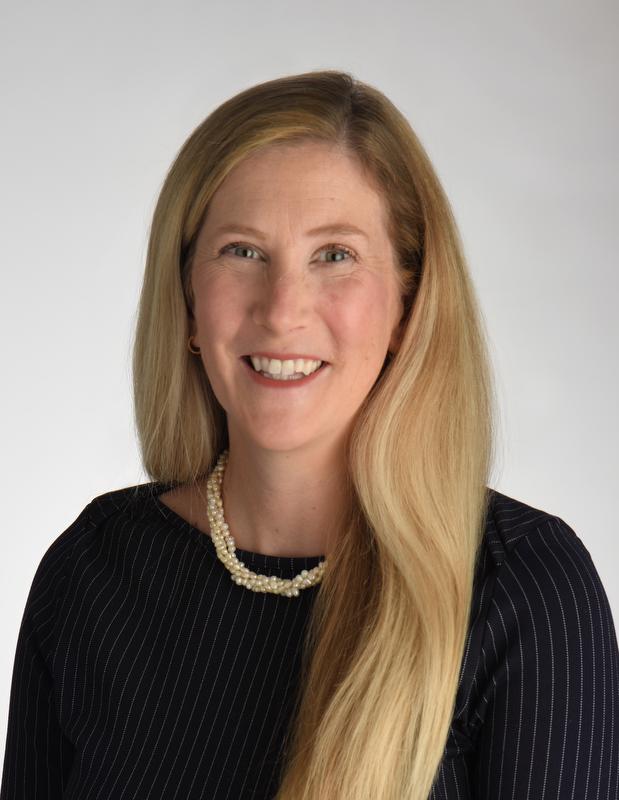 Funded Projects · News
Funded Projects · News
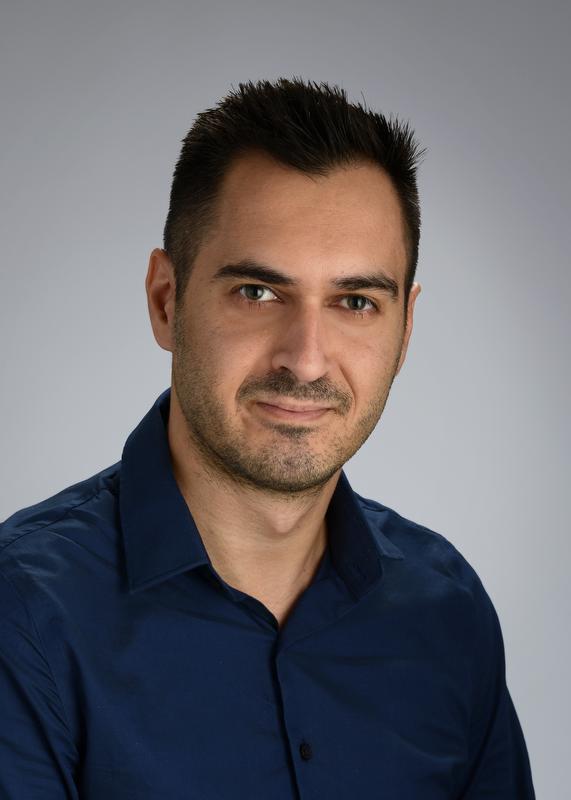 Funded Projects · News
Funded Projects · News
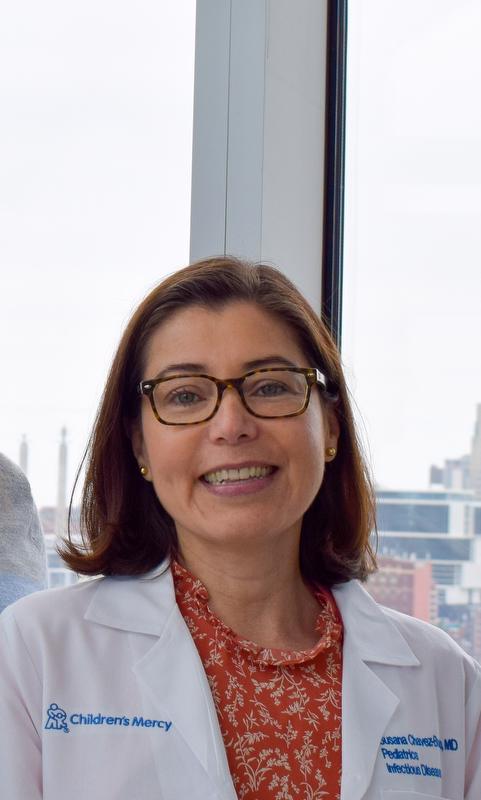 Funded Projects · News
Funded Projects · News
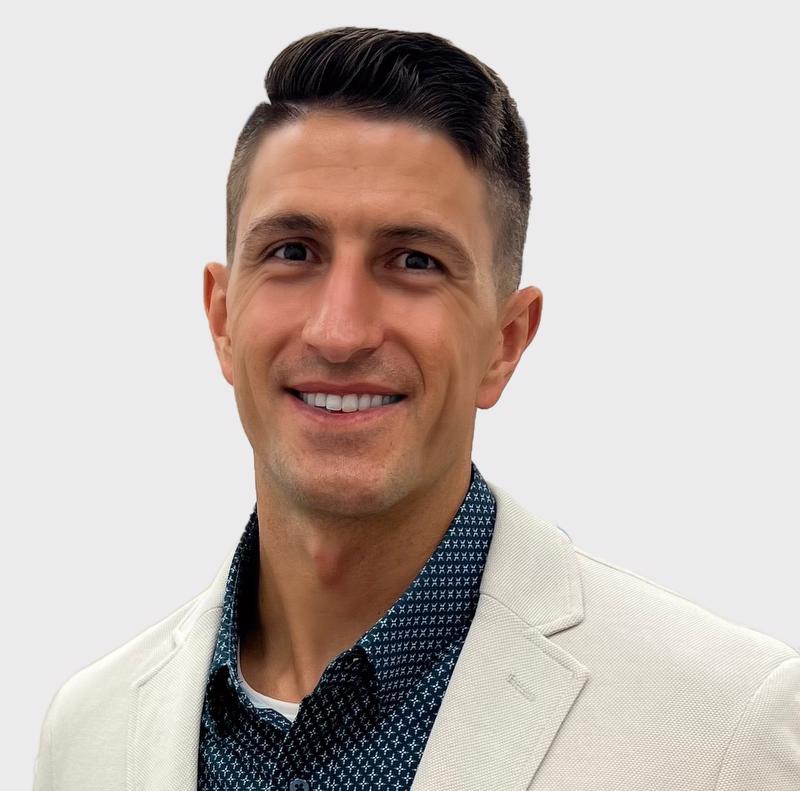 TL1 Trainee · News
TL1 Trainee · News
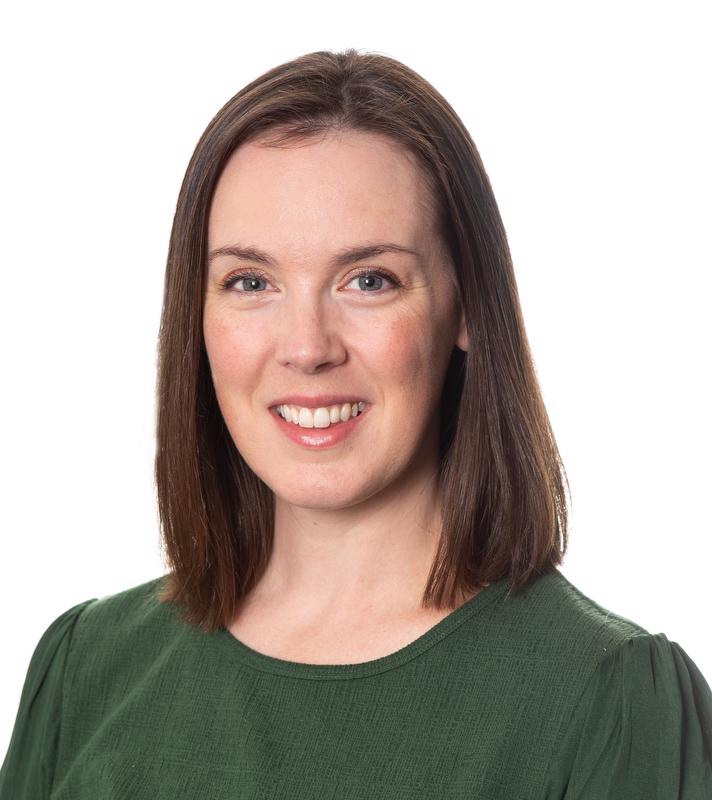 KL2 Scholar · News
KL2 Scholar · News
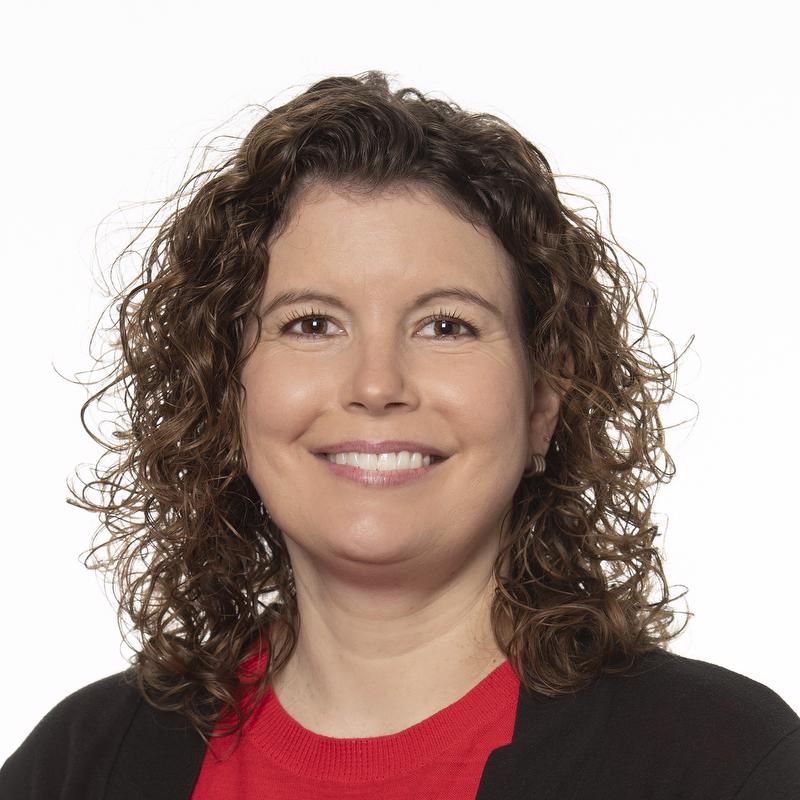 Funded Projects · News
Funded Projects · News
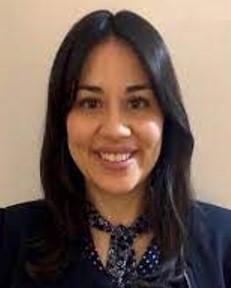 News
News
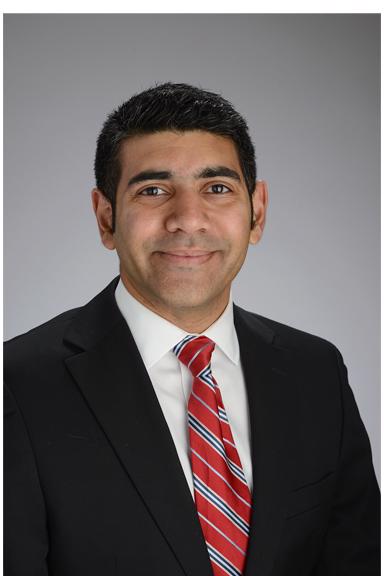 News
News
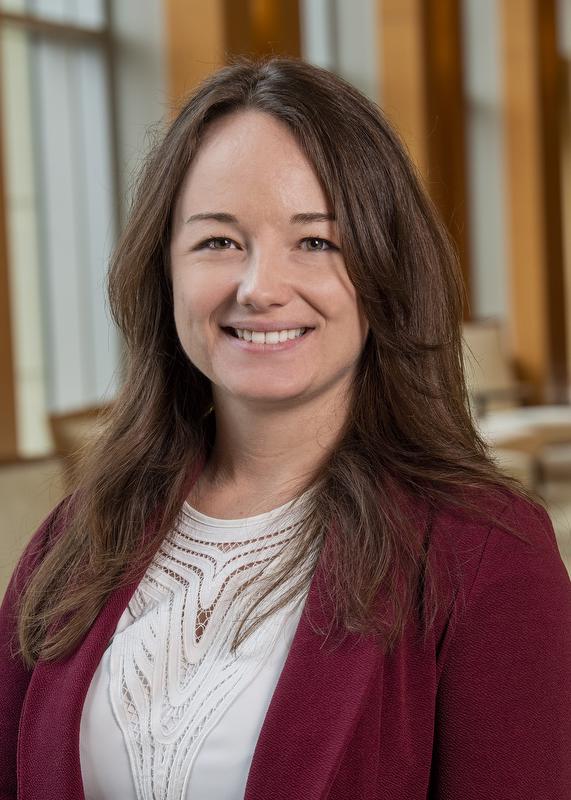 News
News
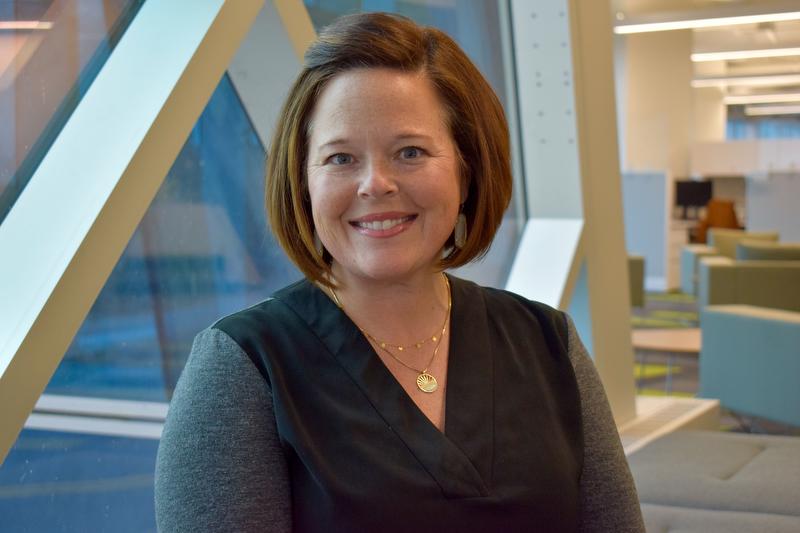 News
News
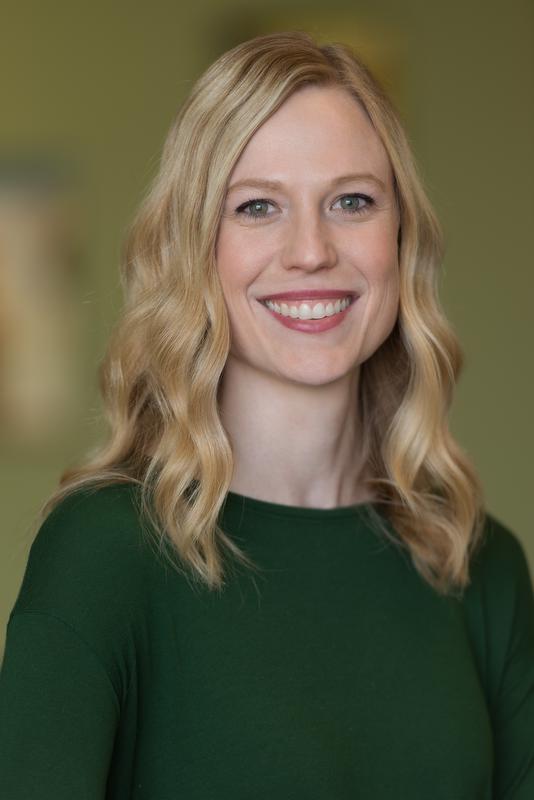 News
News
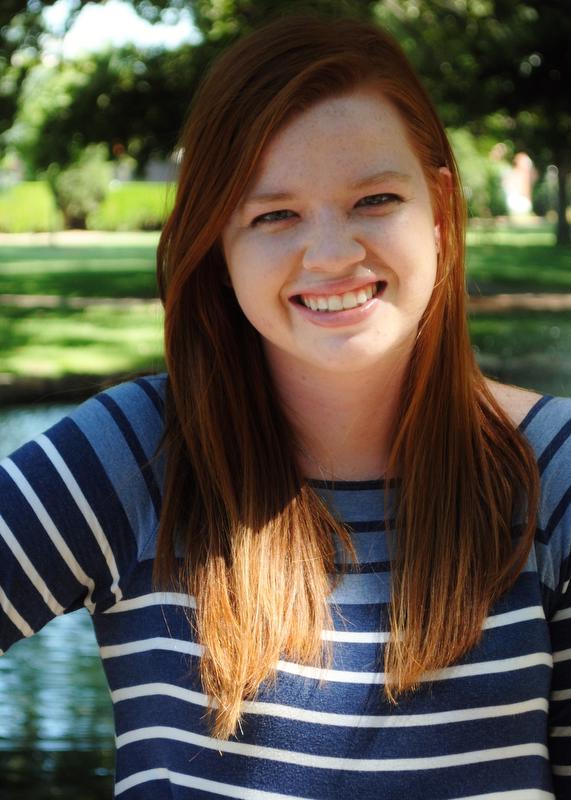 News
News
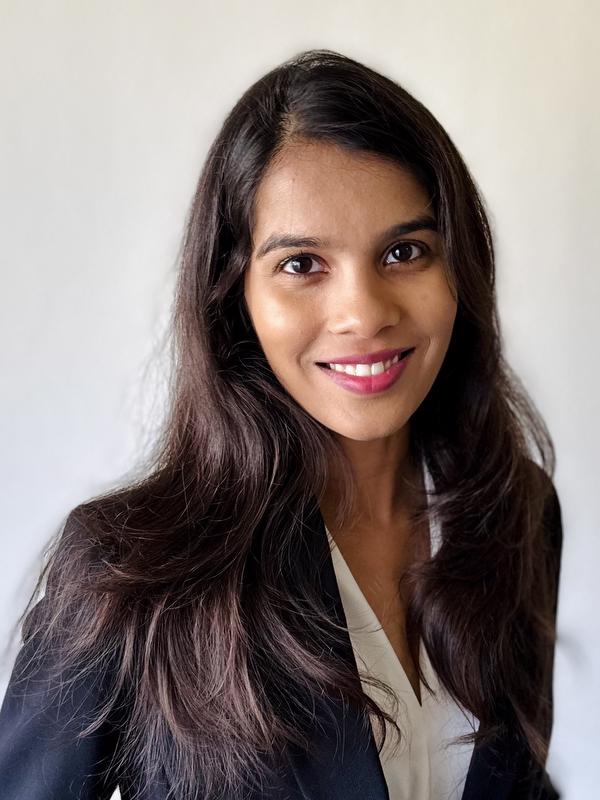 News
News
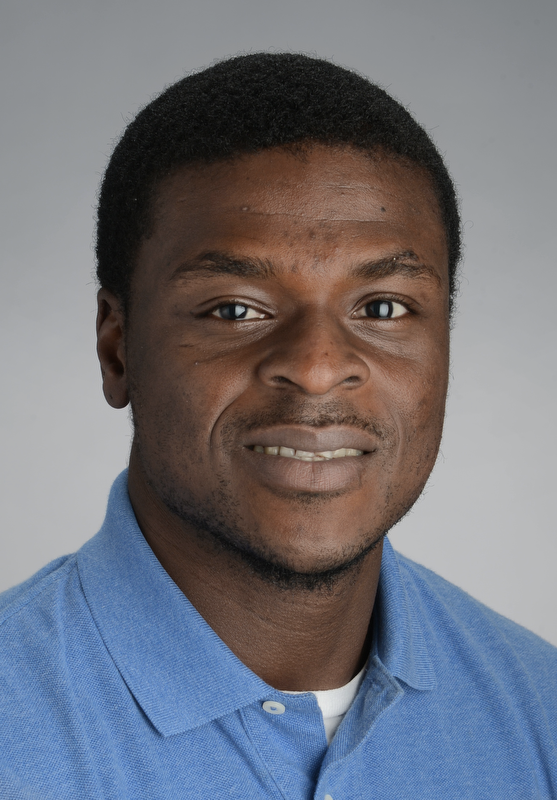 News
News
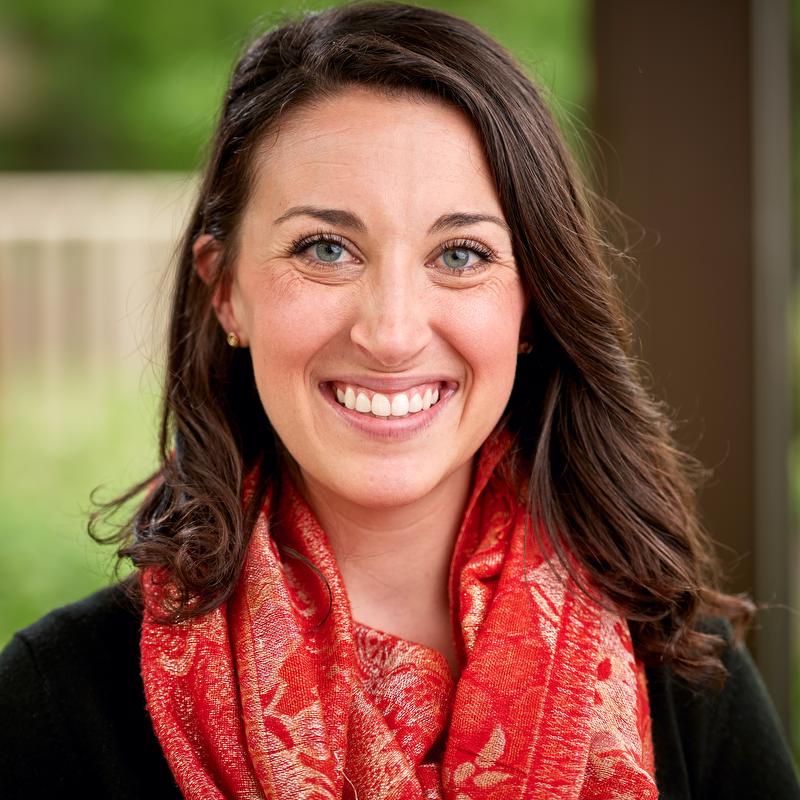 News
News
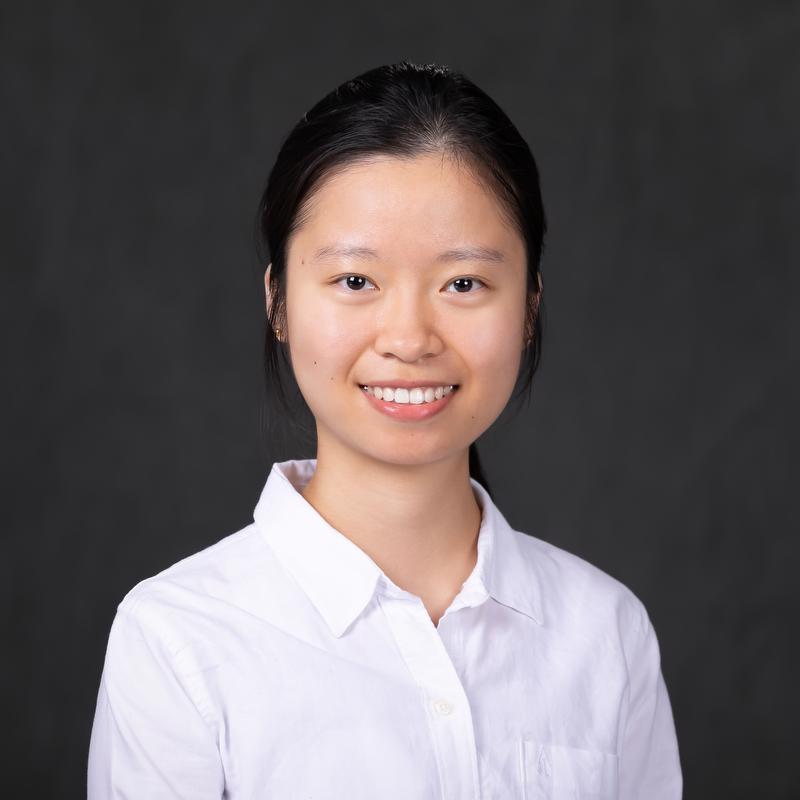 News
News
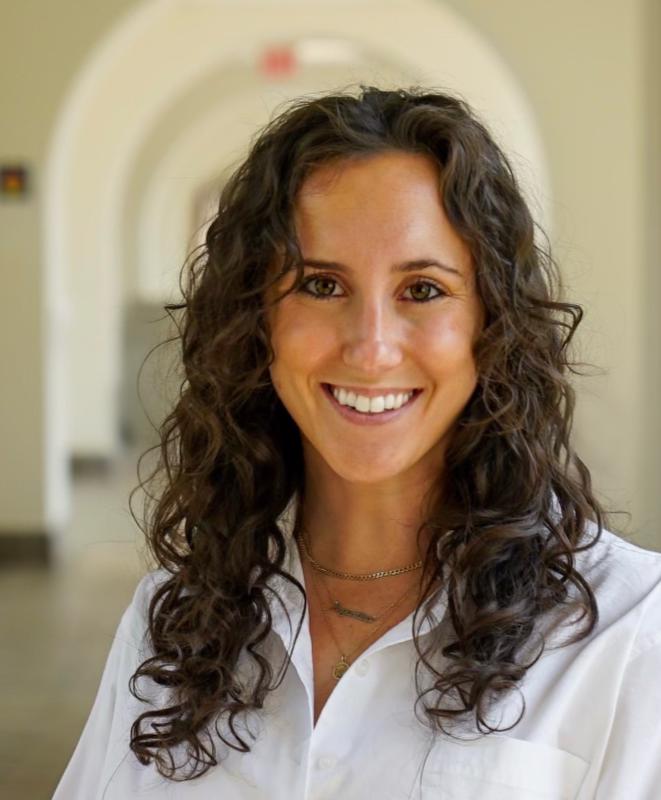 News
News
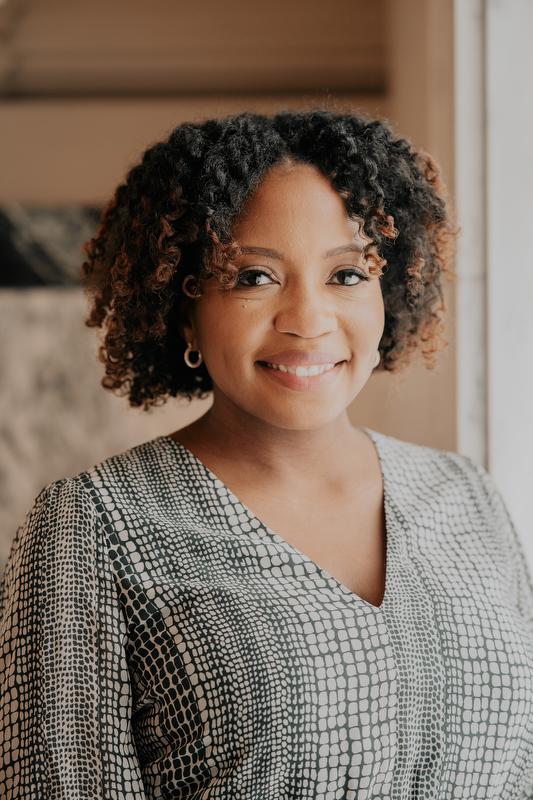 News
News
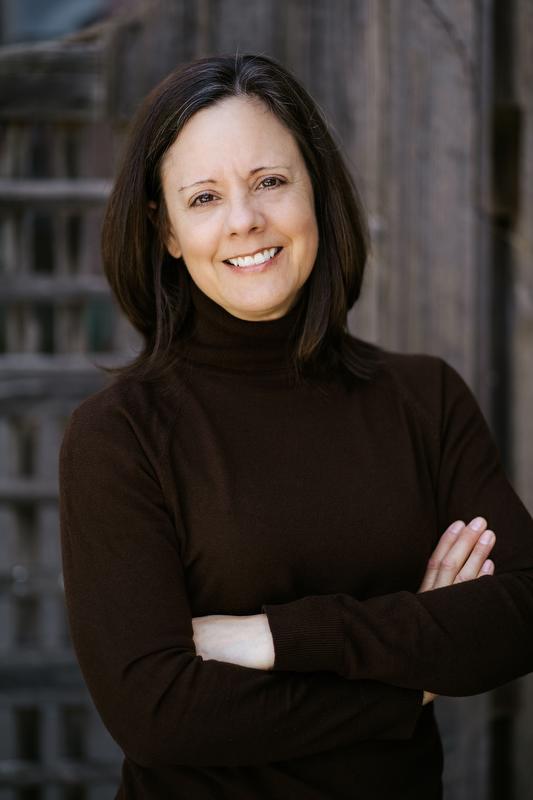 News
News
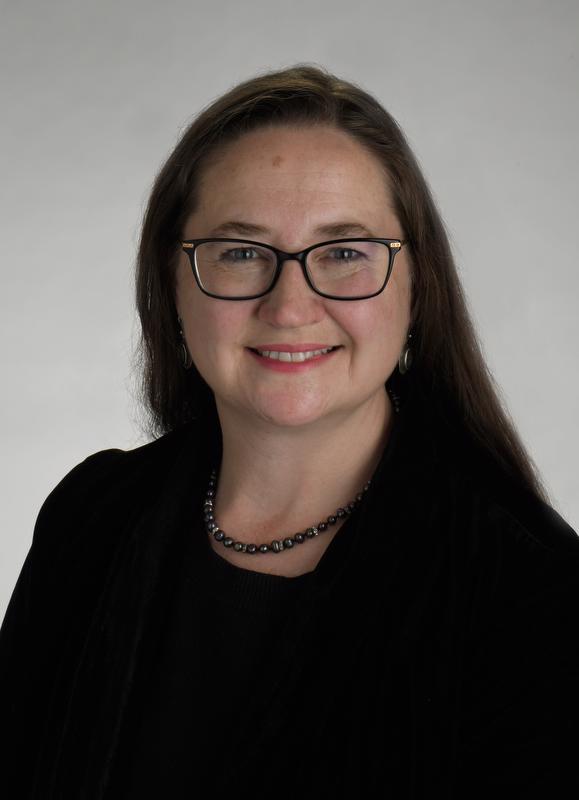 News
News
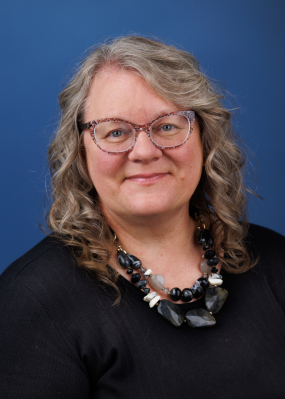 Funded Projects · News
Funded Projects · News
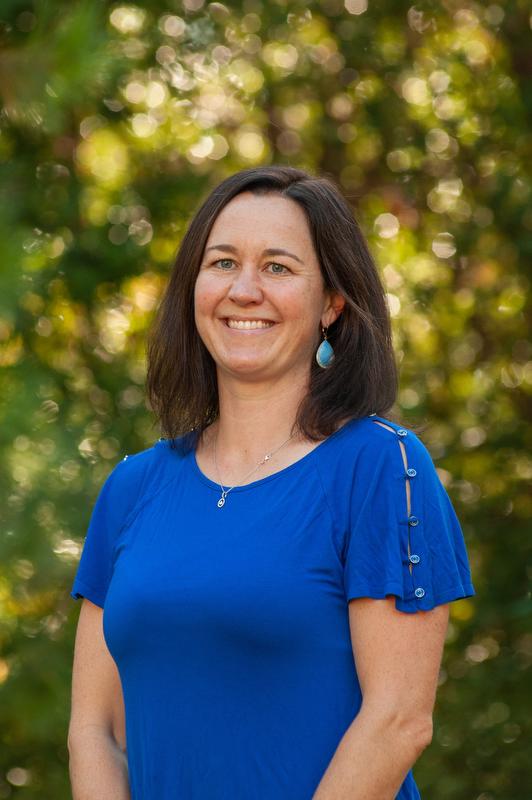 Funded Projects · News
Funded Projects · News
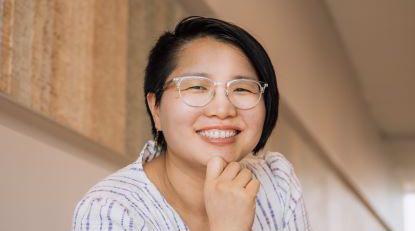 KL2 Scholar · News
KL2 Scholar · News
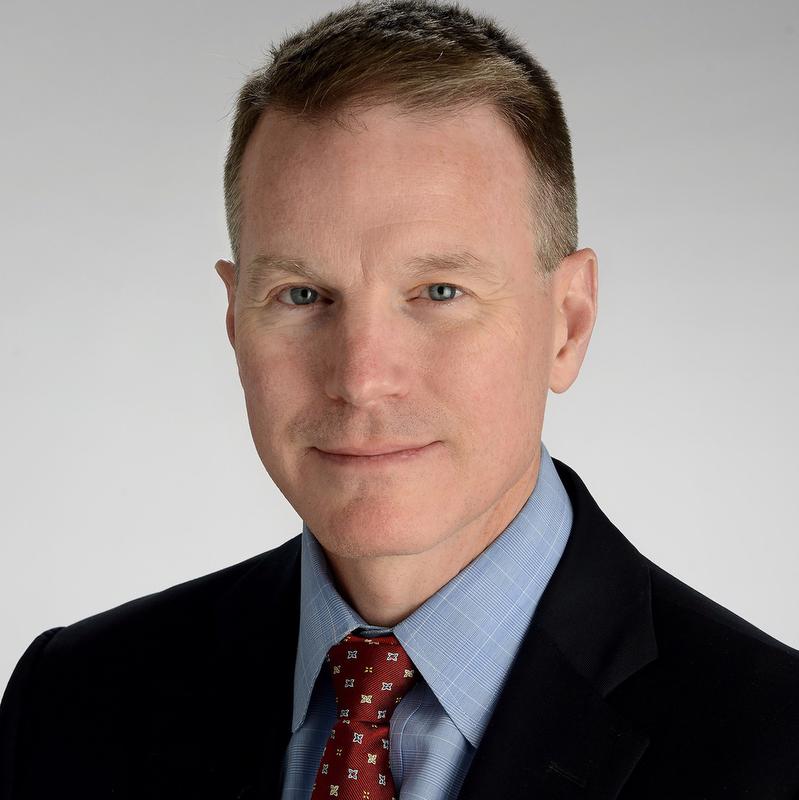 News
News
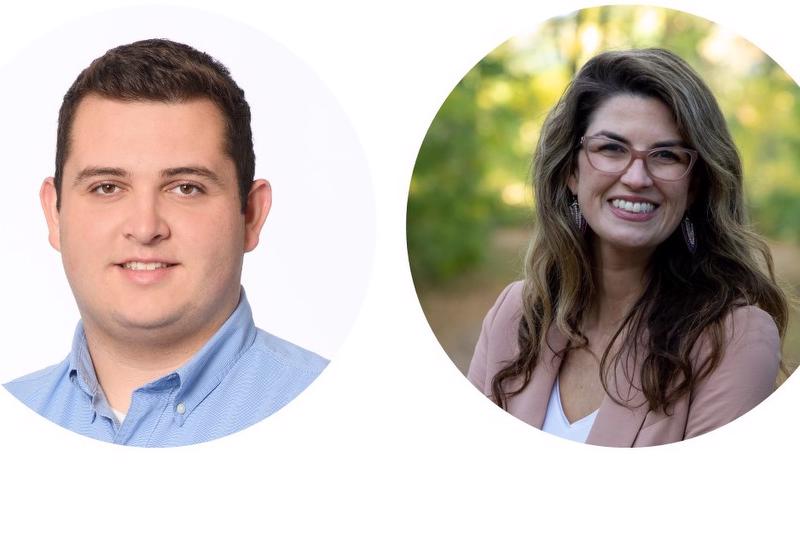 News
News
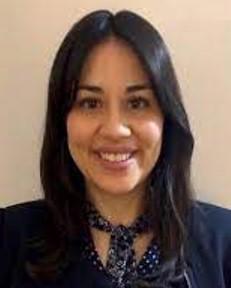 KL2 Scholar · News
KL2 Scholar · News
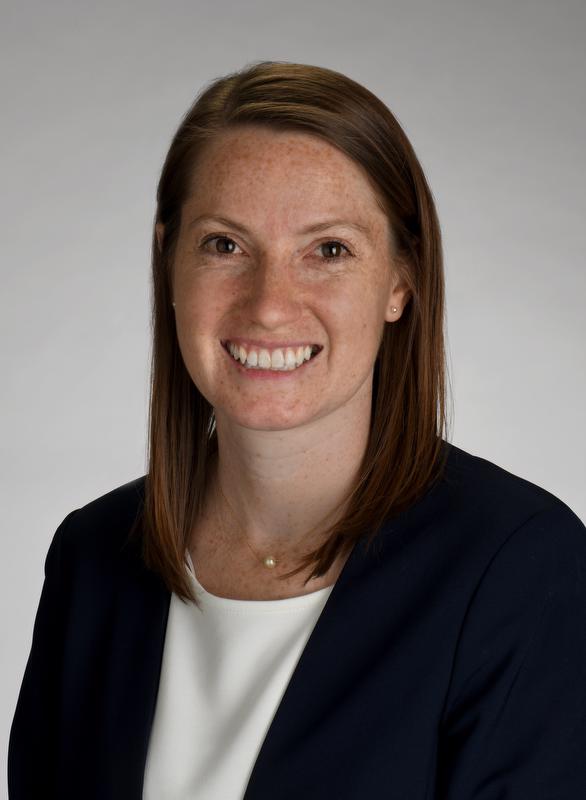 KL2 Scholar
KL2 Scholar
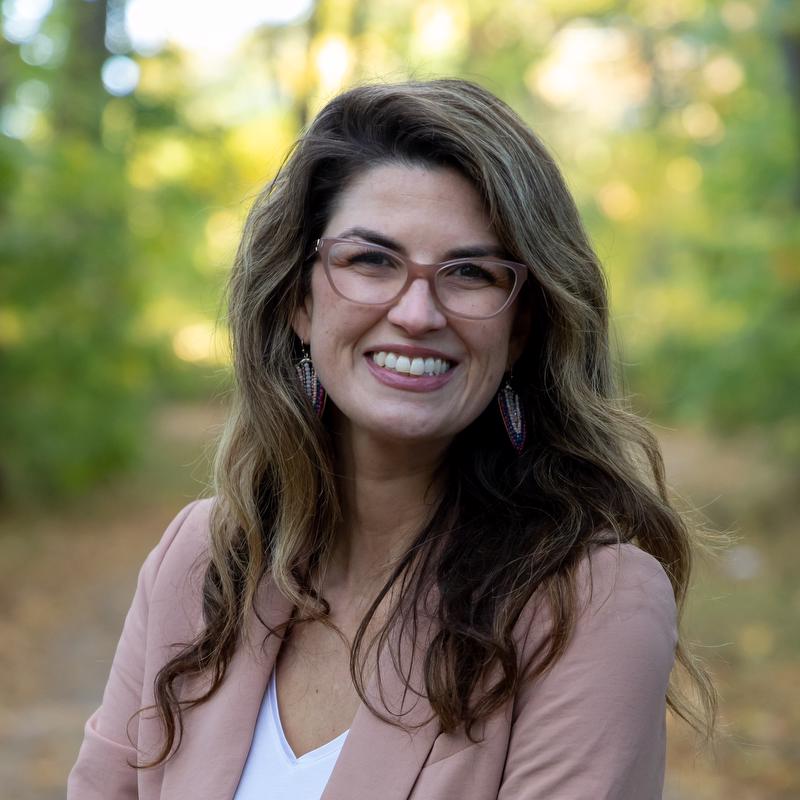 News
News
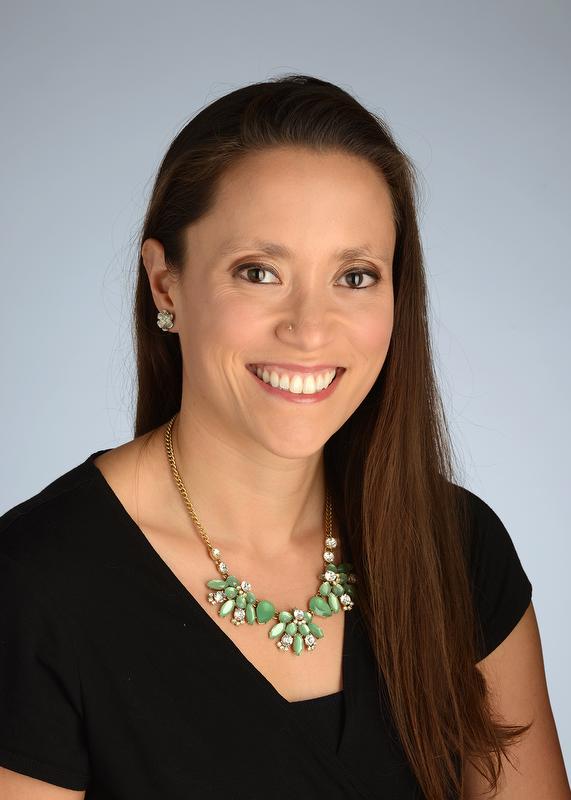 News
News
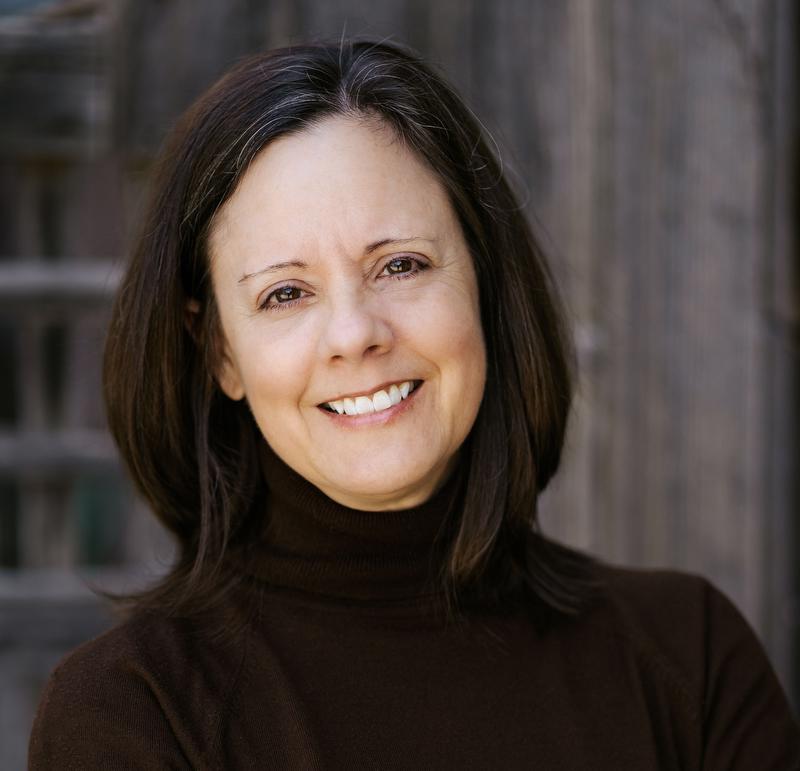 KL2 Scholar · News
KL2 Scholar · News
 News
News
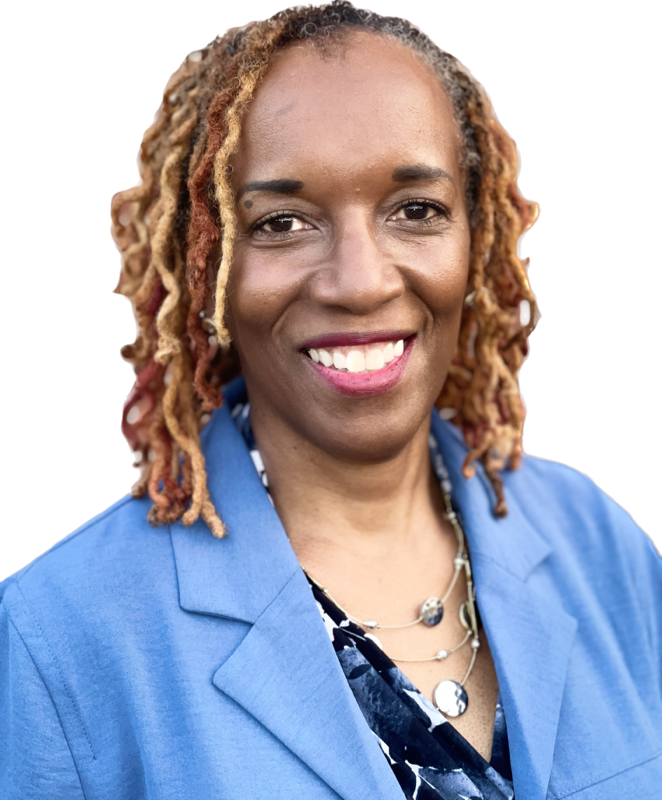 News · In the Community · Funded Projects
News · In the Community · Funded Projects
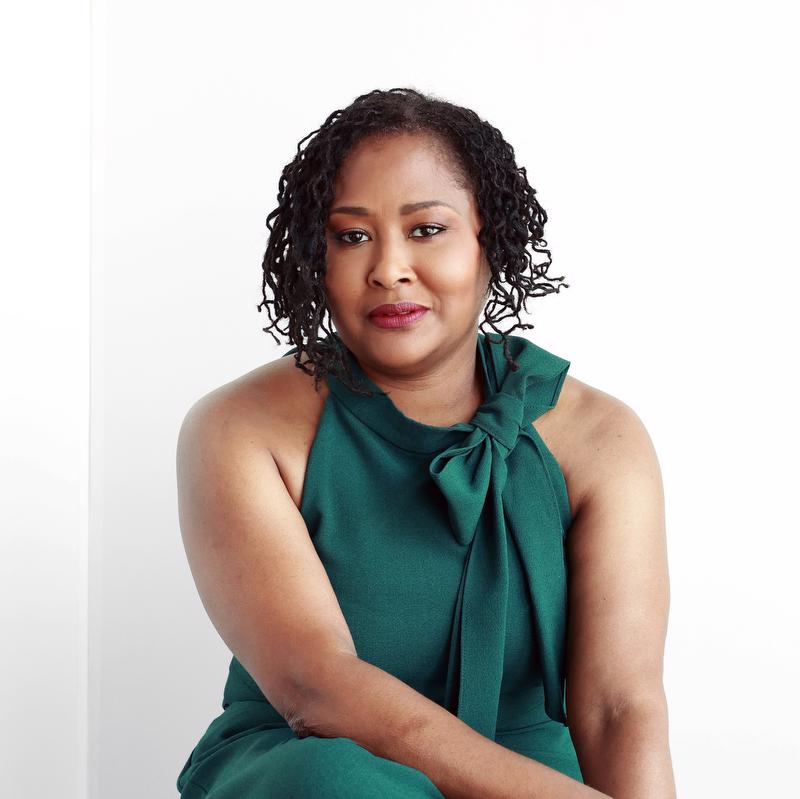 Funded Projects · News
Funded Projects · News
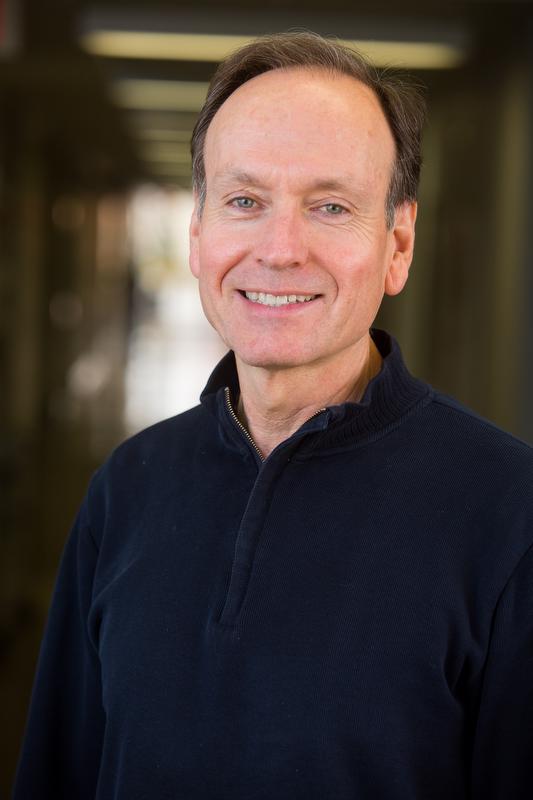 Funded Projects · News
Funded Projects · News
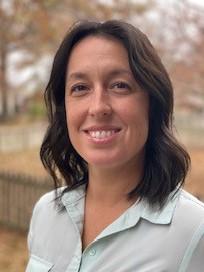 Funded Projects · News
Funded Projects · News
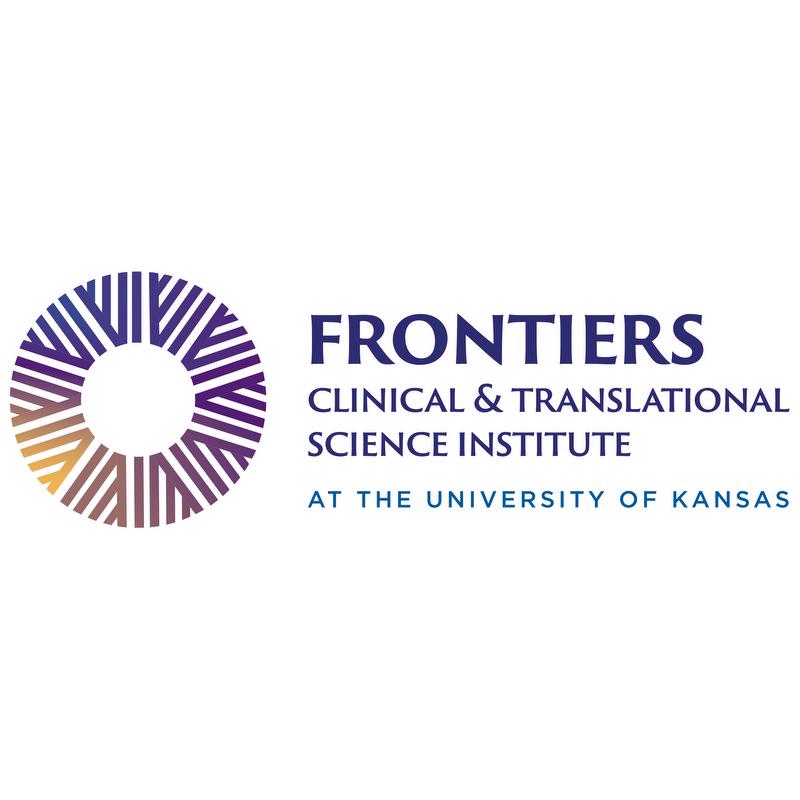 Funded Projects · News
Funded Projects · News
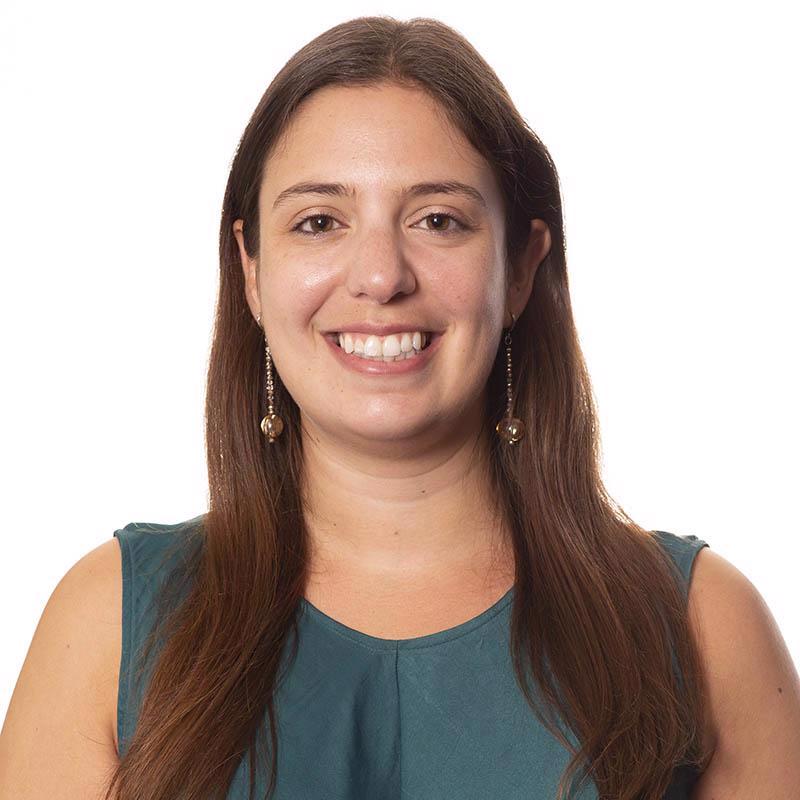 News
News
 Funded Projects · News
Funded Projects · News

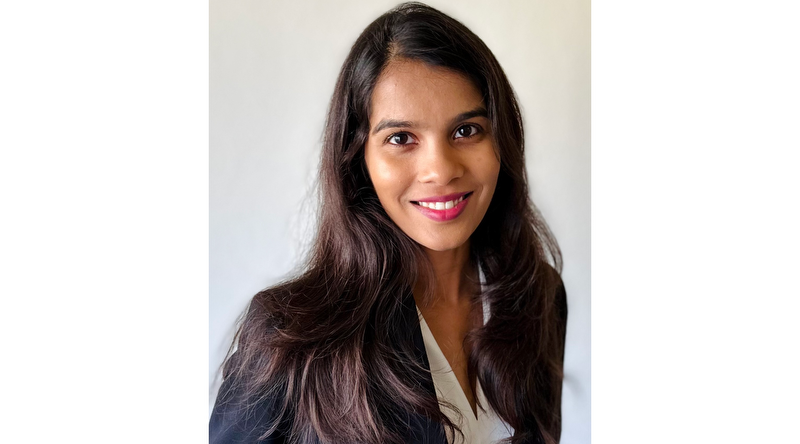 TL1 Trainee · News
TL1 Trainee · News
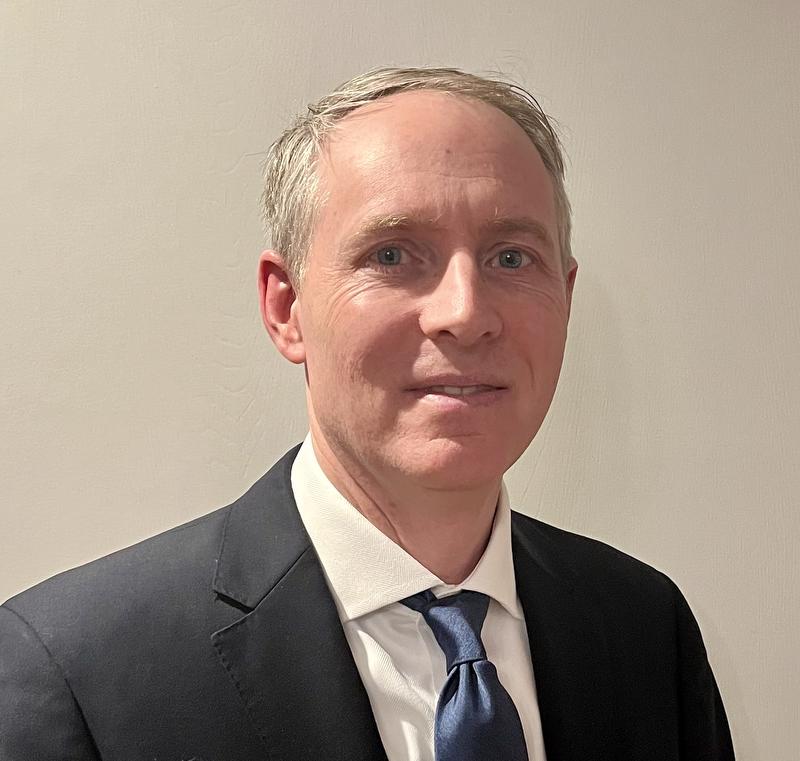 Funded Projects · News
Funded Projects · News
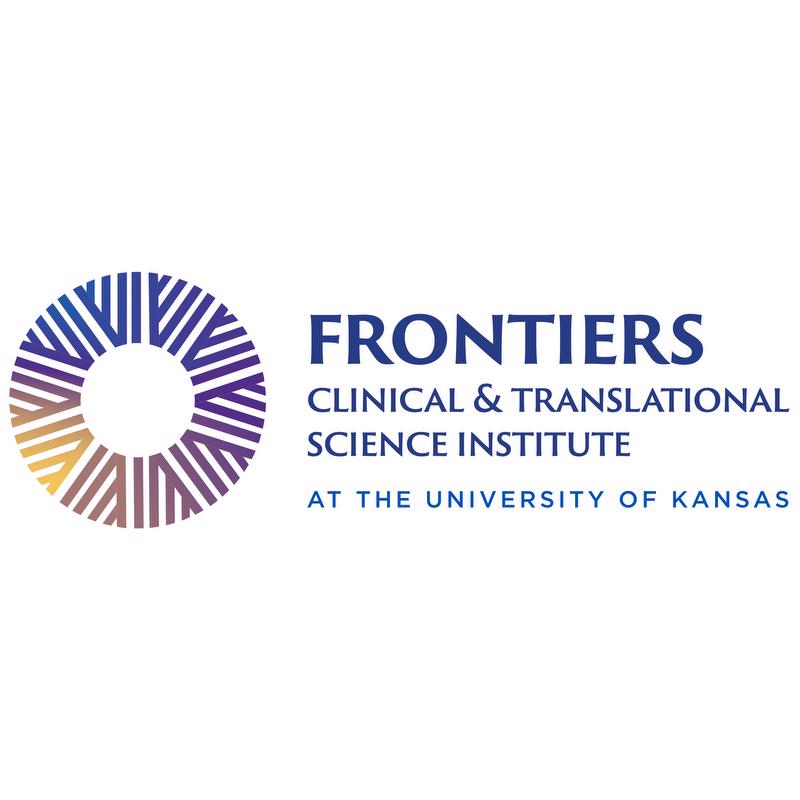 Events · News
Events · News
 Funded Projects · News
Funded Projects · News
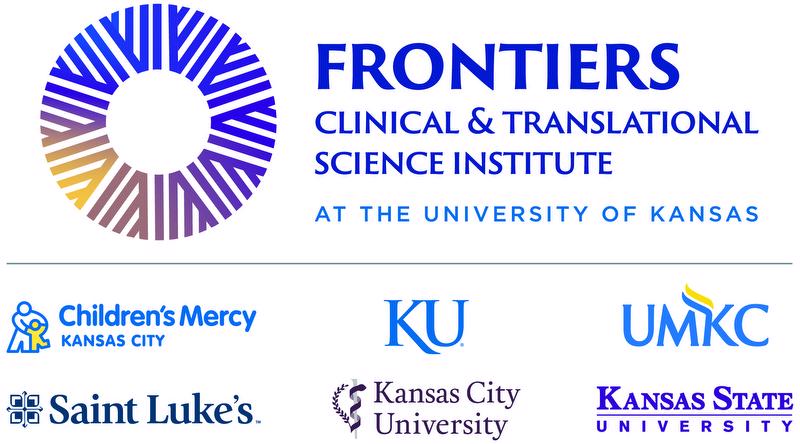
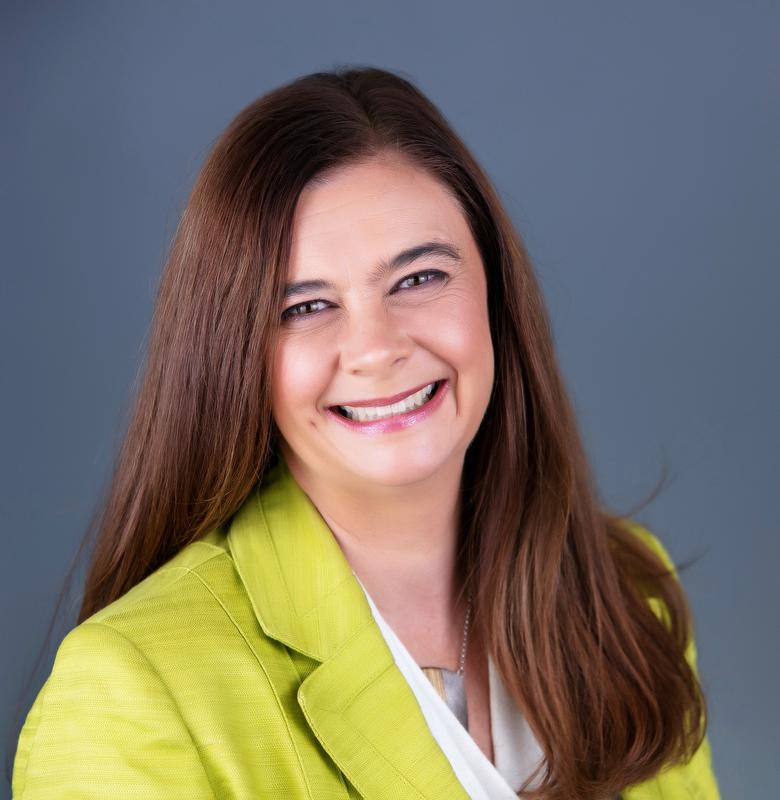 Funded Projects · News
Funded Projects · News
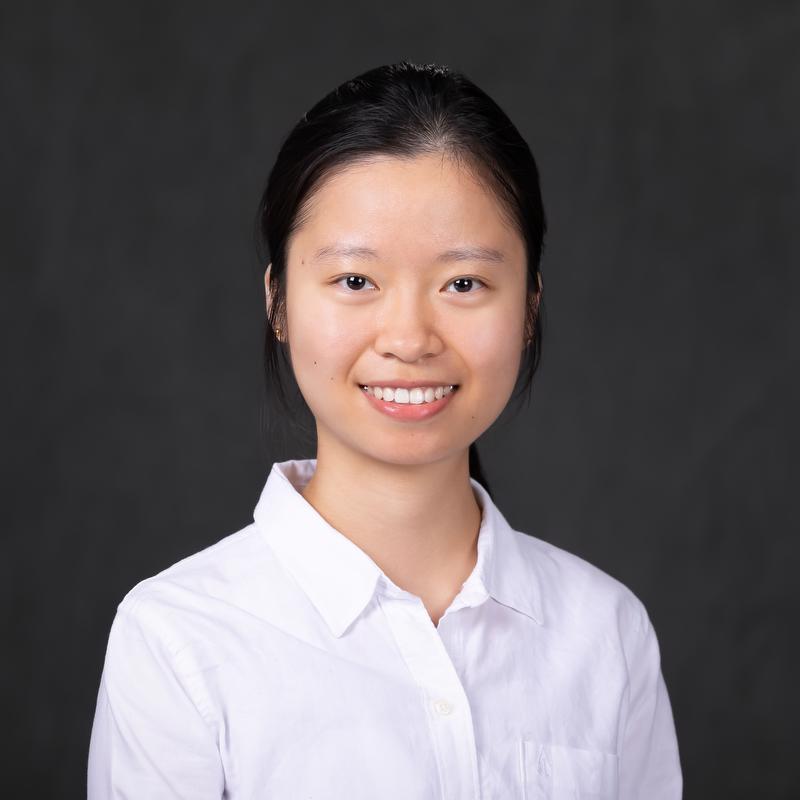 TL1 Trainee · News
TL1 Trainee · News
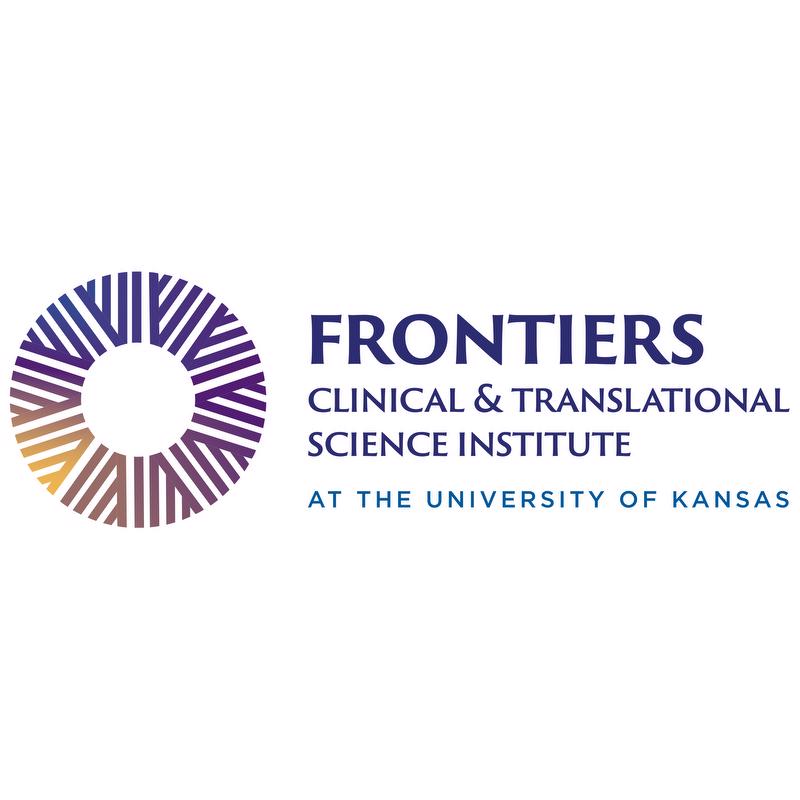 News · In the Community · Funded Projects
News · In the Community · Funded Projects
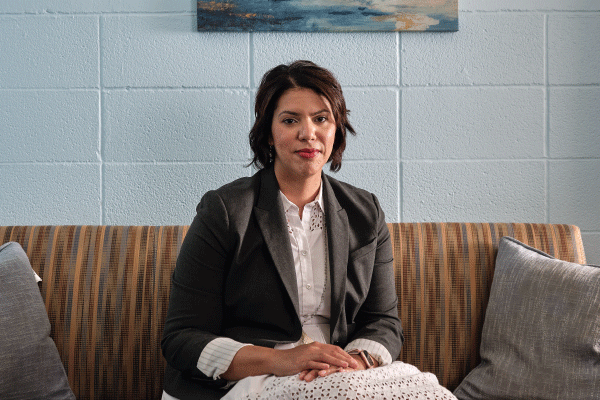 Funded Projects · News
Funded Projects · News
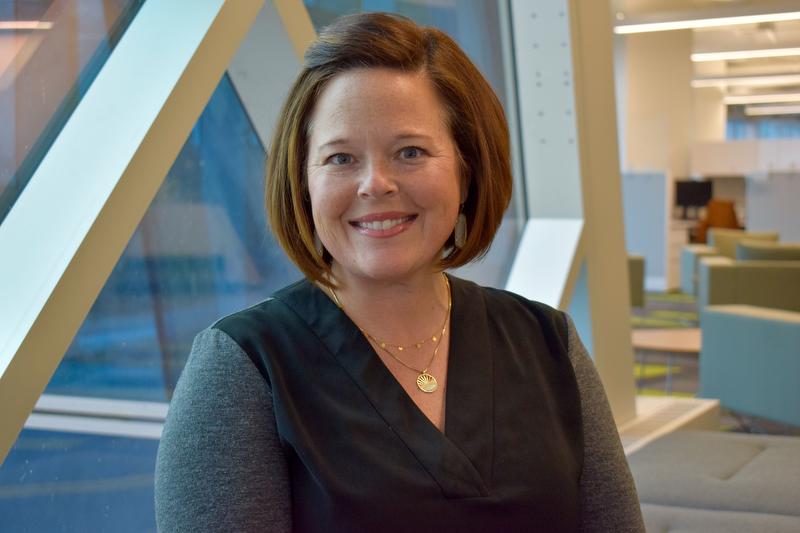 KL2 Scholar · News
KL2 Scholar · News
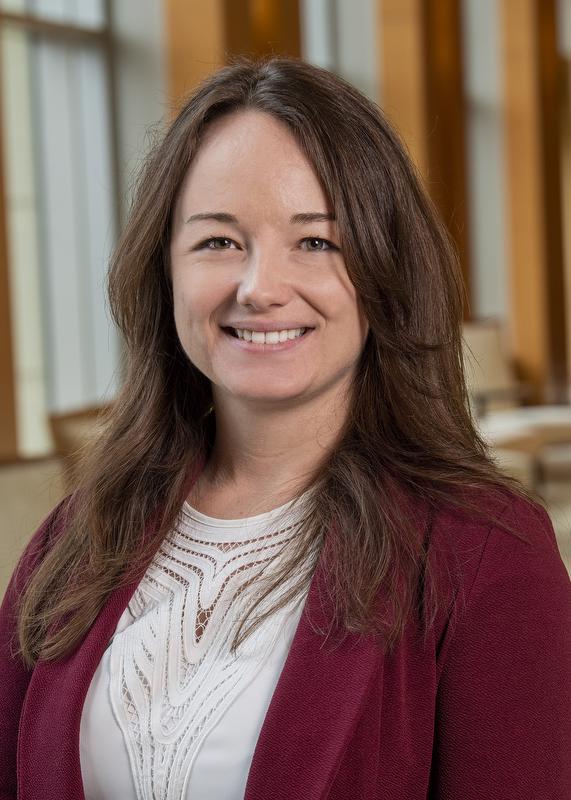 TL1 Trainee · News
TL1 Trainee · News
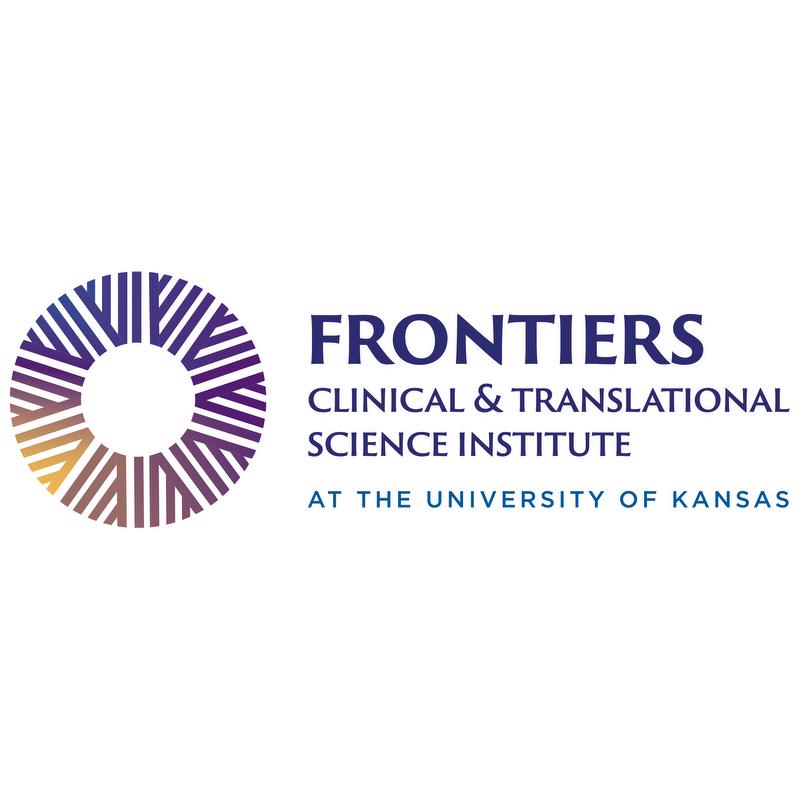 News
News
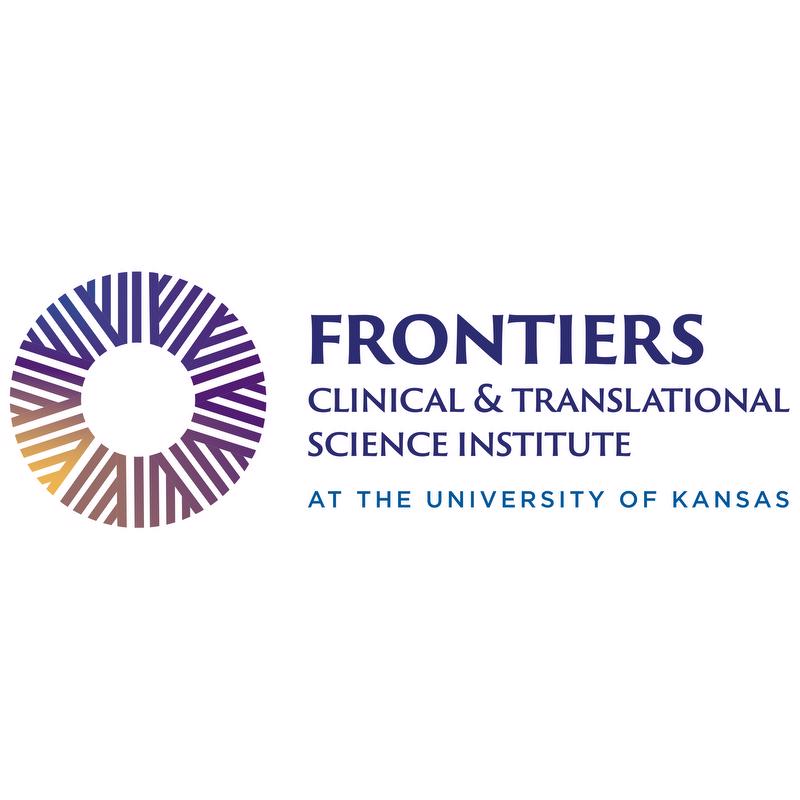 News
News
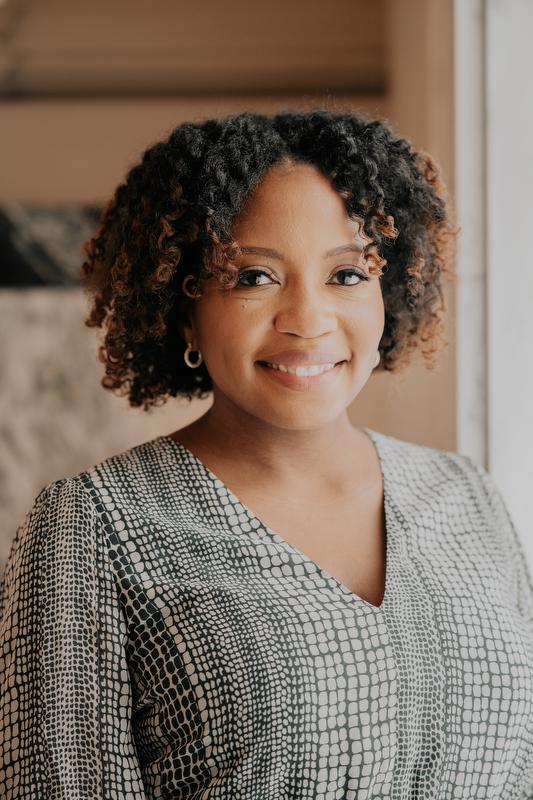 KL2 Scholar · News
KL2 Scholar · News
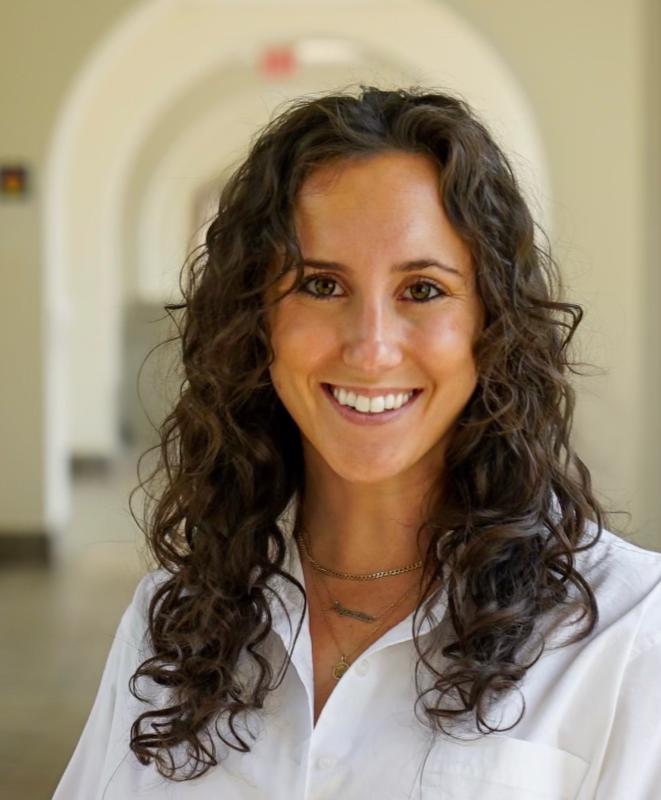 TL1 Trainee · News
TL1 Trainee · News
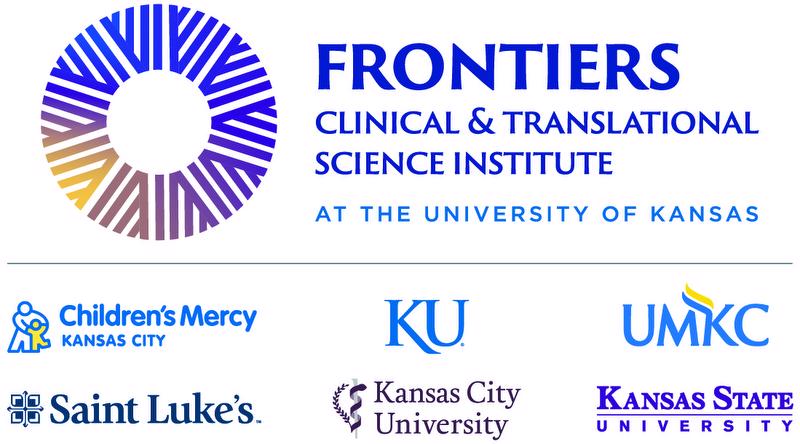 News
News
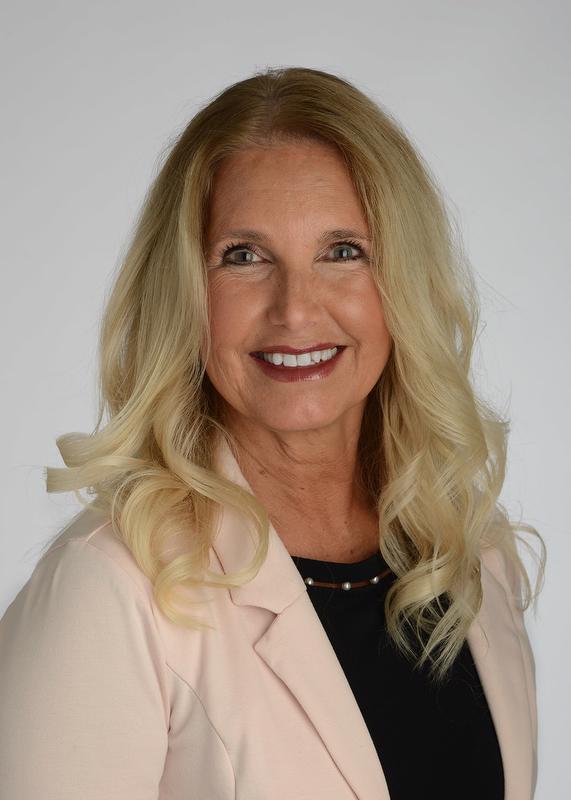 News
News
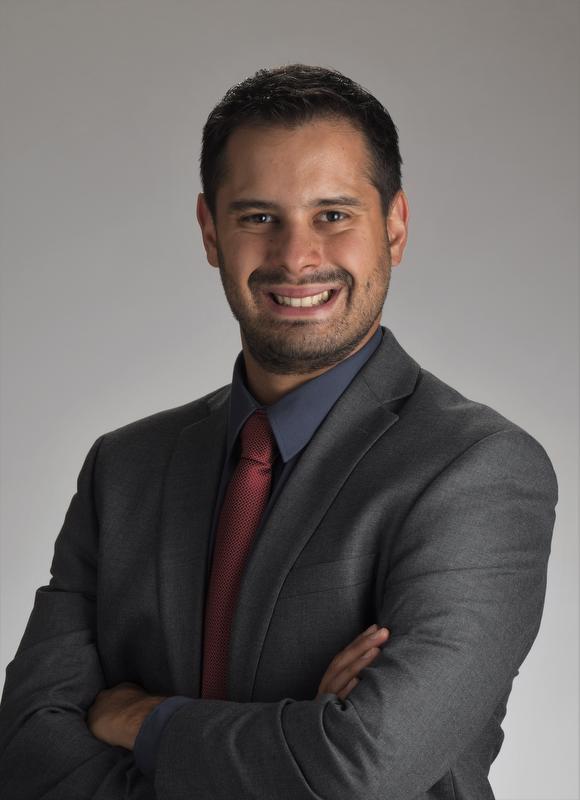 Funded Projects · News
Funded Projects · News
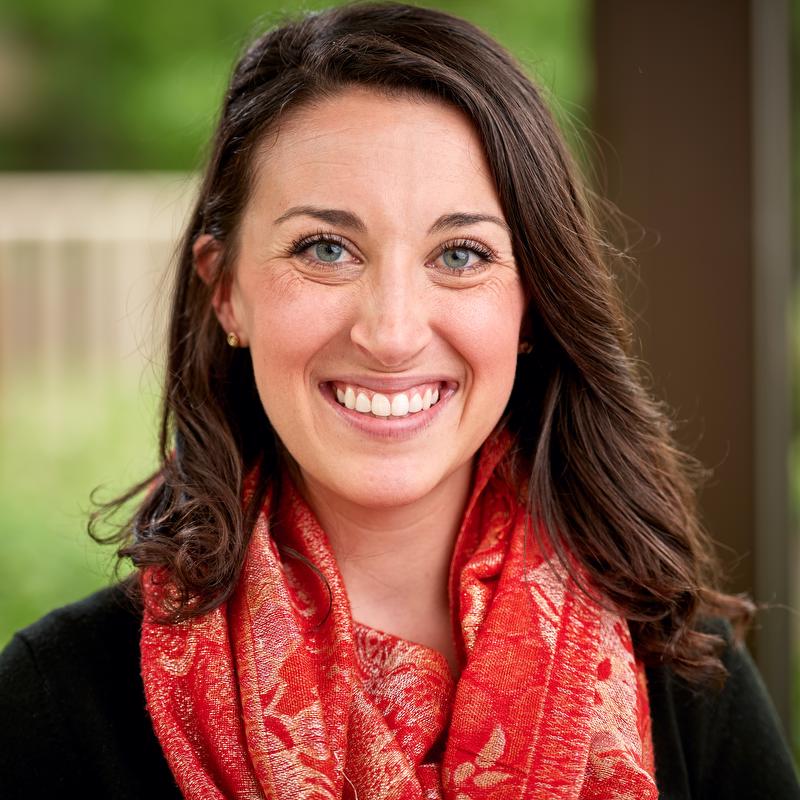 Events · News
Events · News
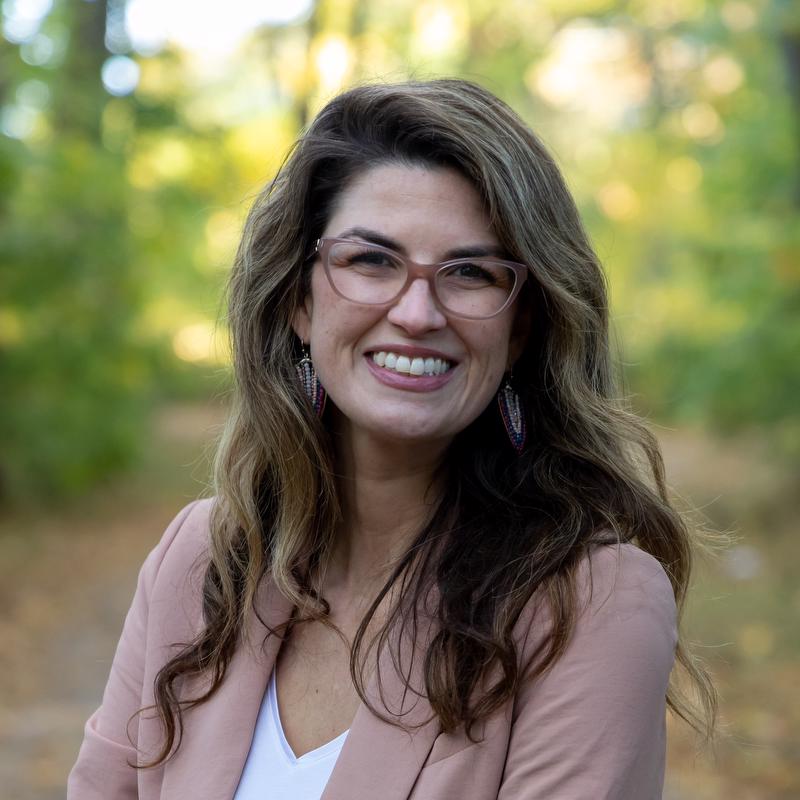
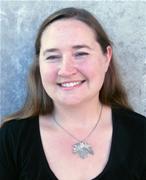 KL2 Scholar · News
KL2 Scholar · News
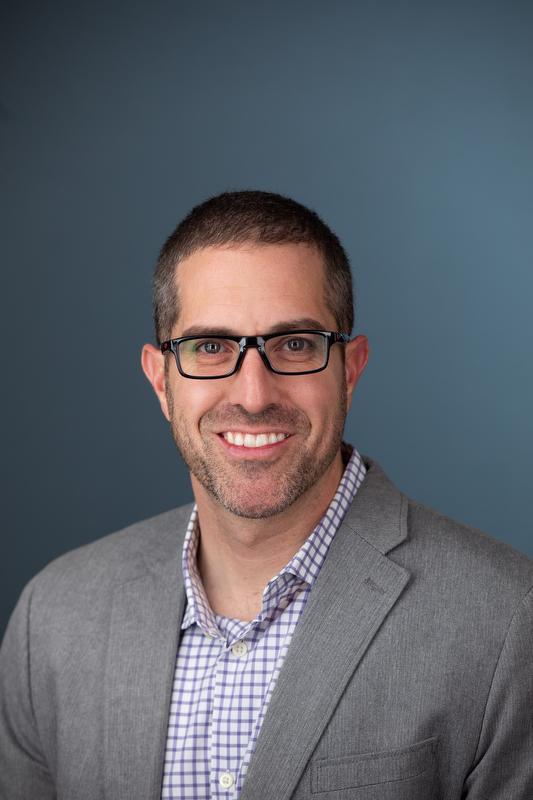 News
News

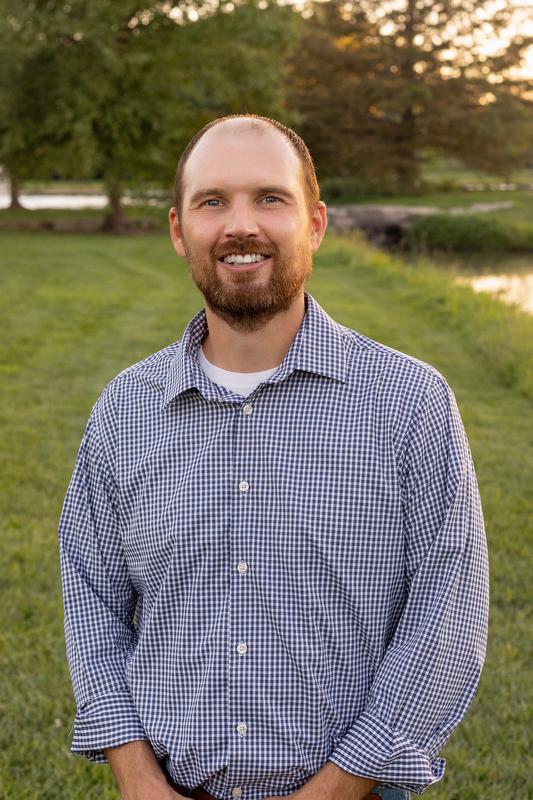 Funded Projects · News
Funded Projects · News
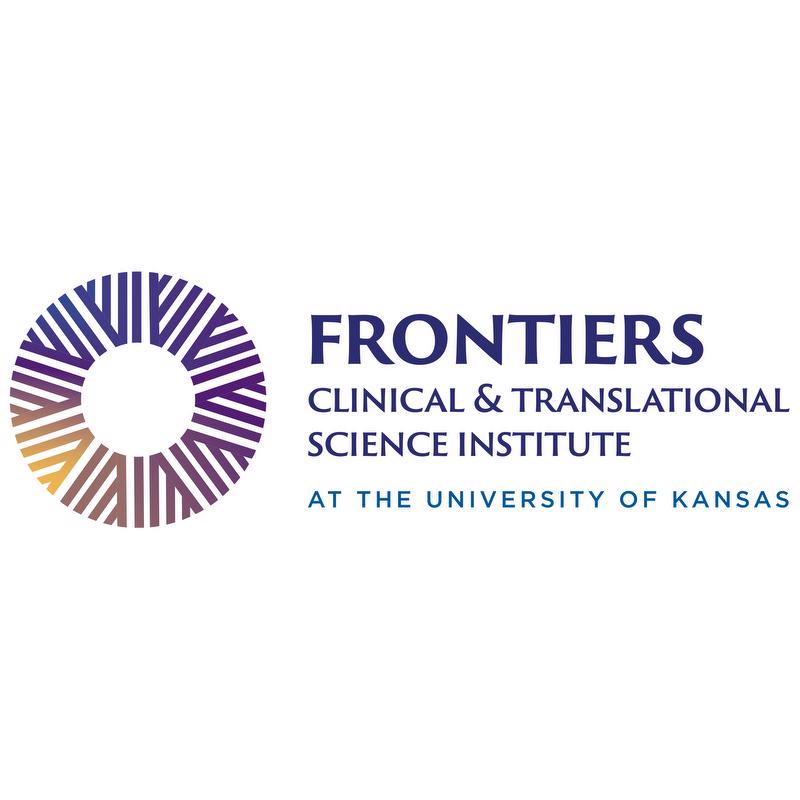 News
News
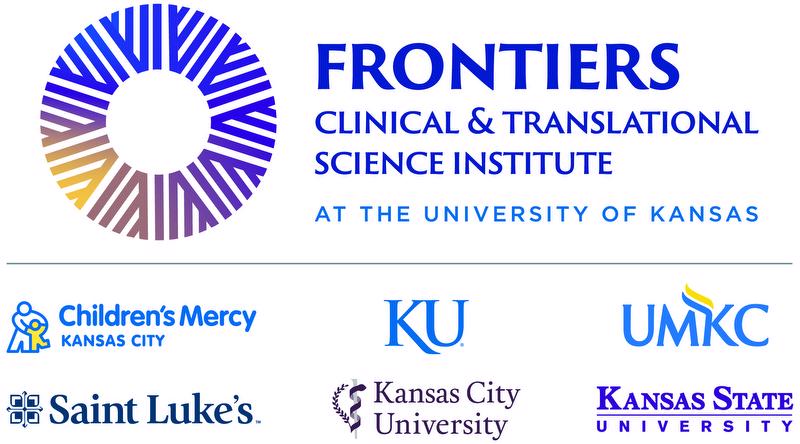 Partner News · News
Partner News · News
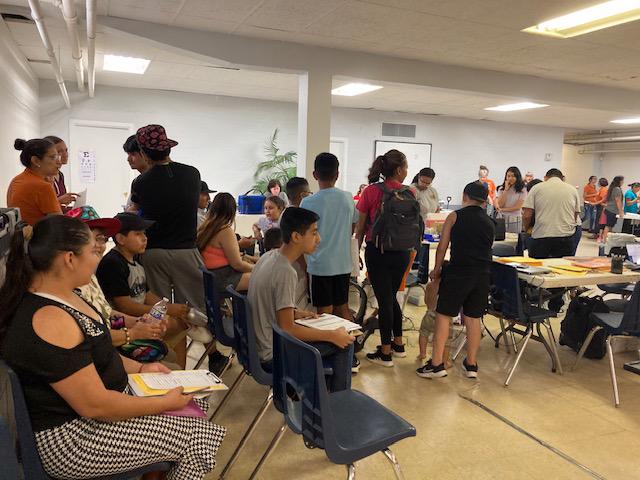 News · In the Community
News · In the Community
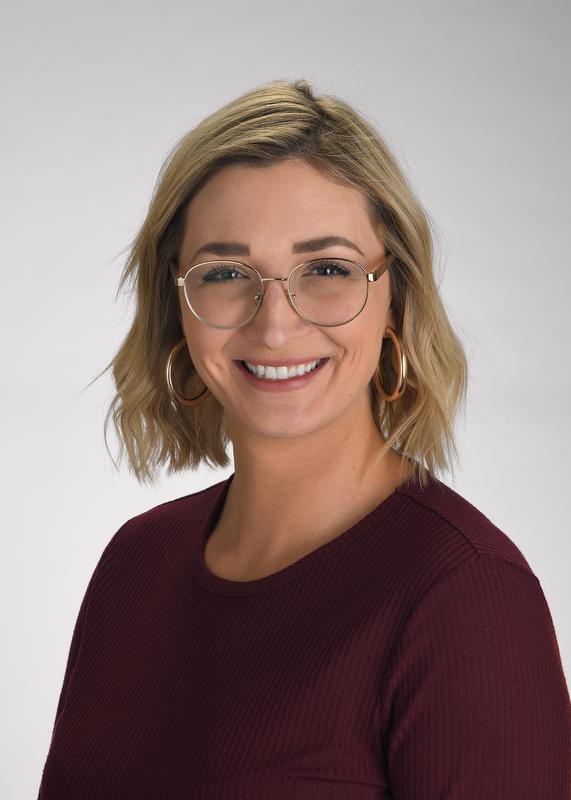
 0
0

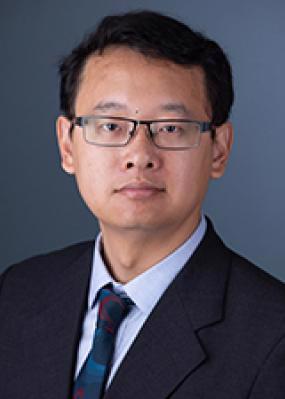 Funded Projects · News
Funded Projects · News
 Funded Projects · News
Funded Projects · News
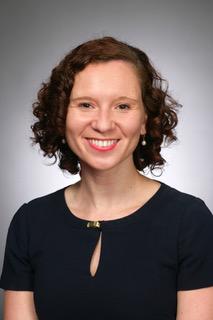 News
News
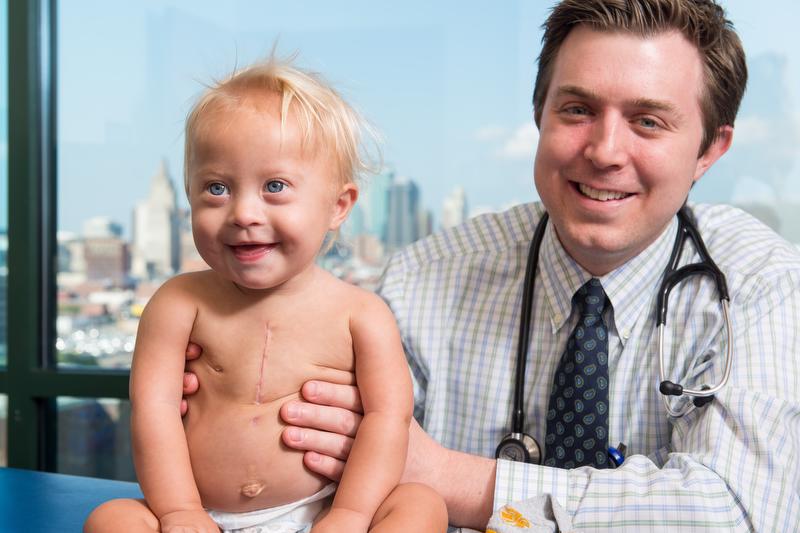 Funded Projects · News
Funded Projects · News
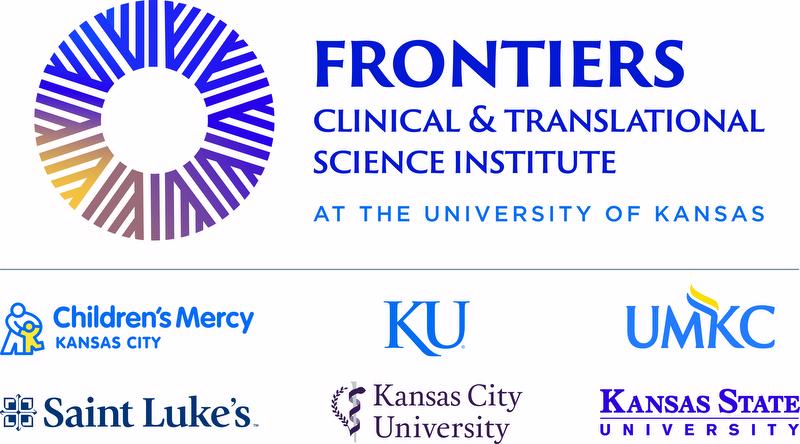 Funded Projects · News
Funded Projects · News
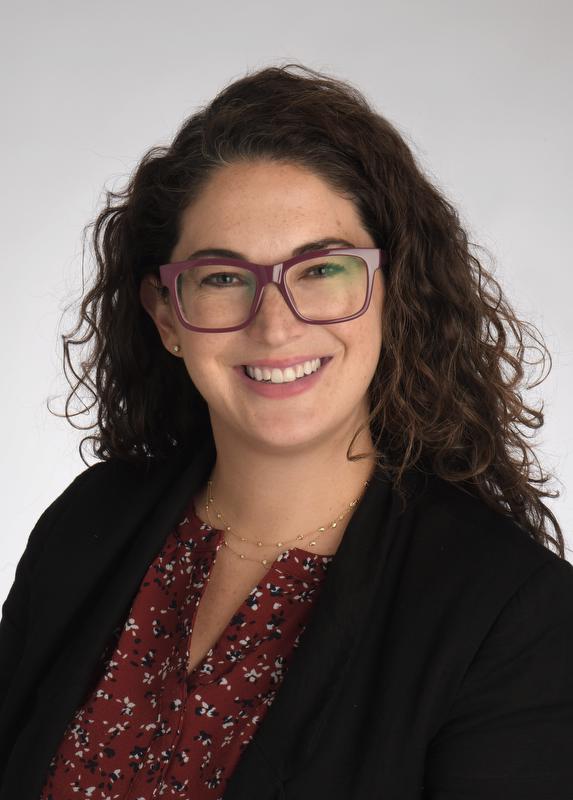 News
News
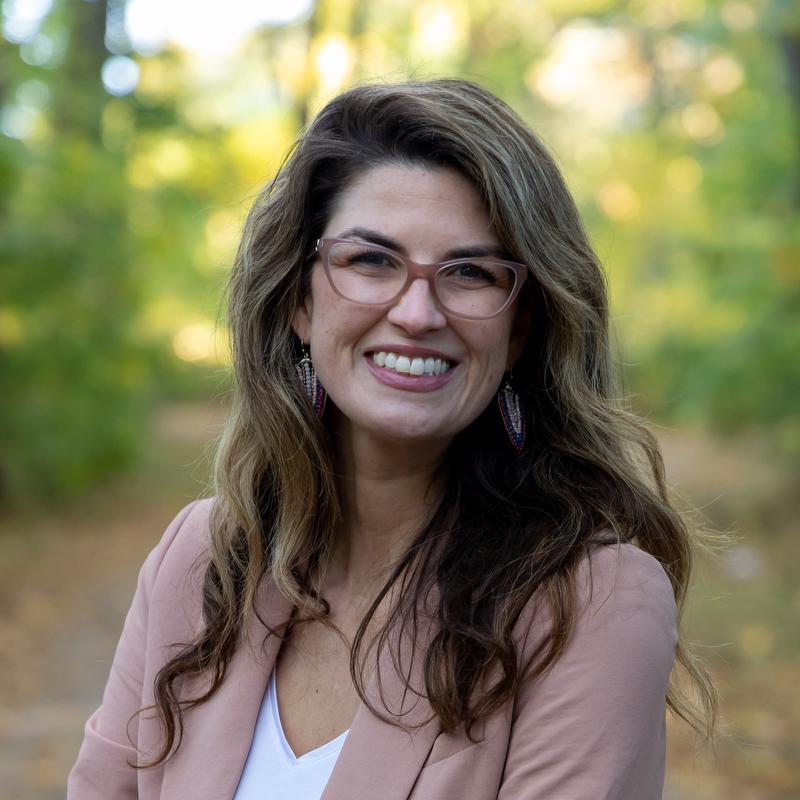 Events · News
Events · News
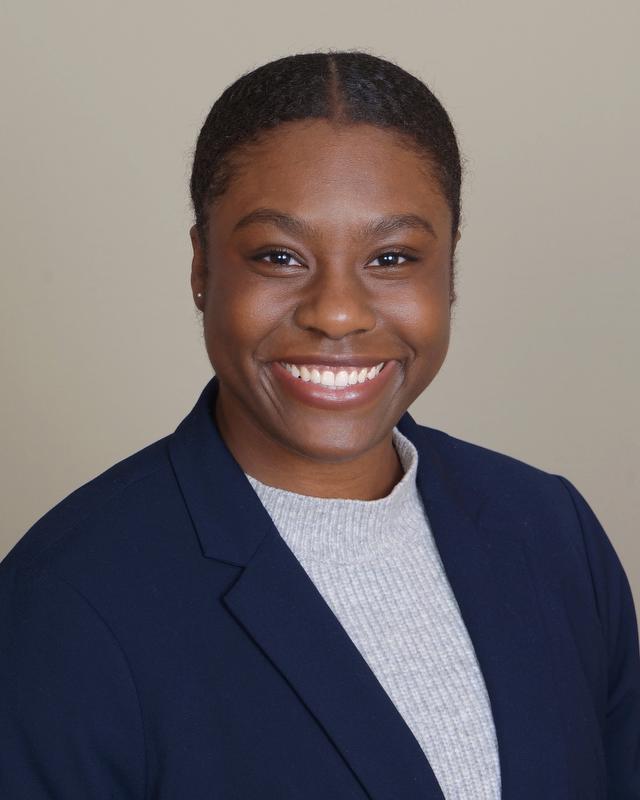 TL1 Trainee · News
TL1 Trainee · News
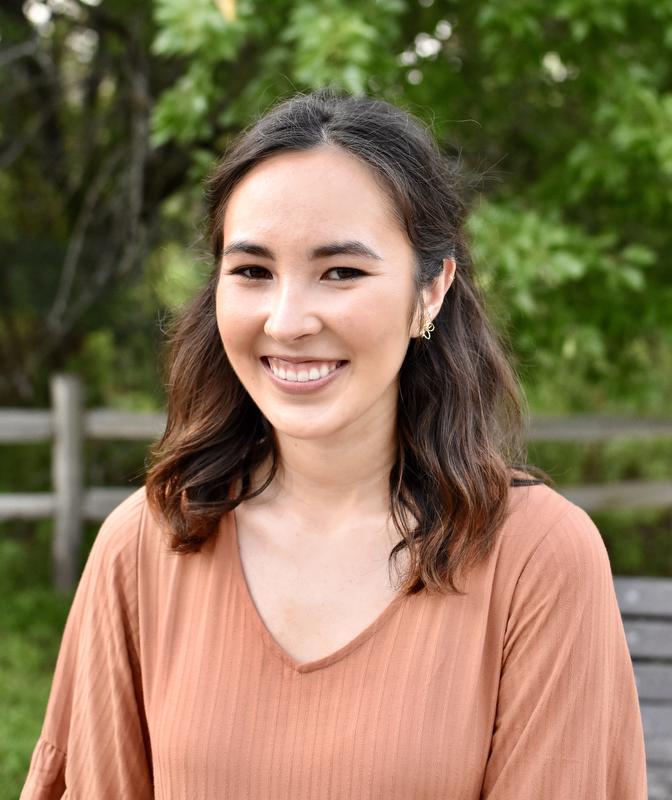 TL1 Trainee · News
TL1 Trainee · News
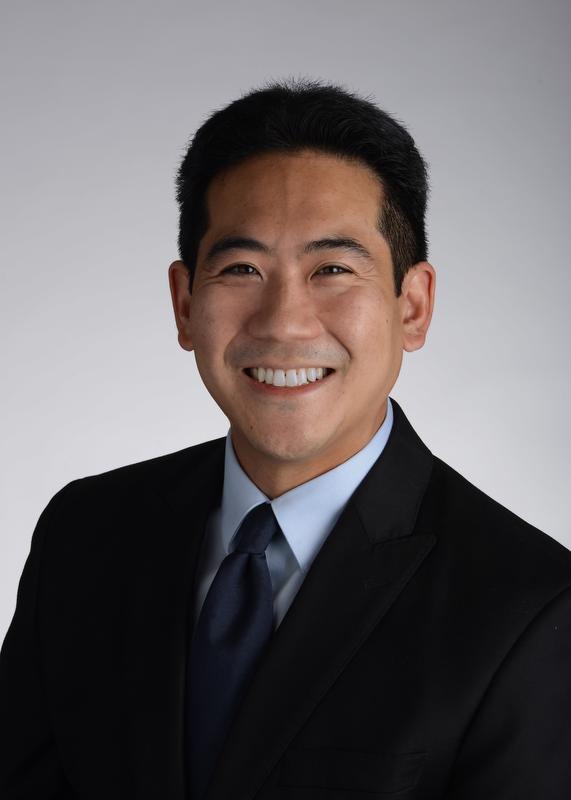 News
News
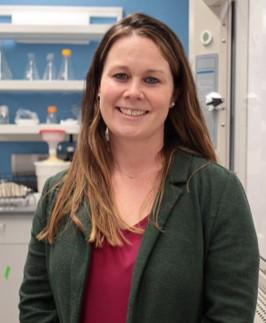 Funded Projects · News
Funded Projects · News
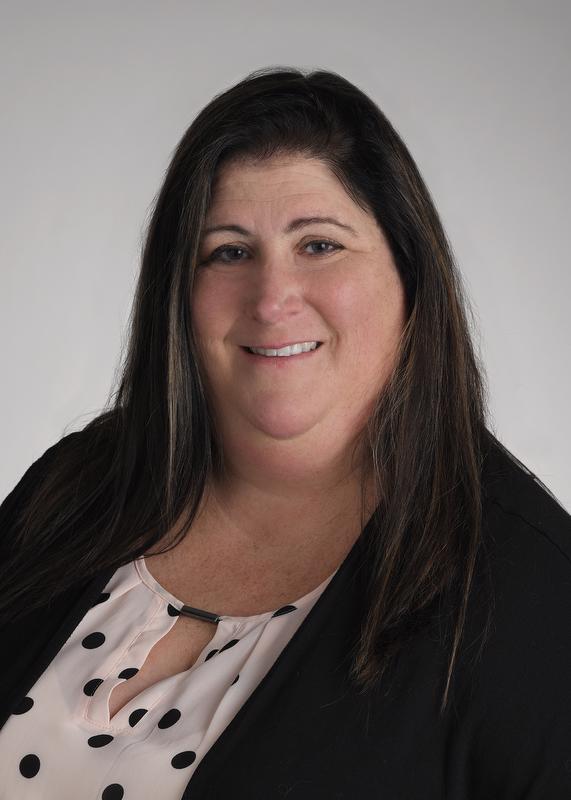 News
News
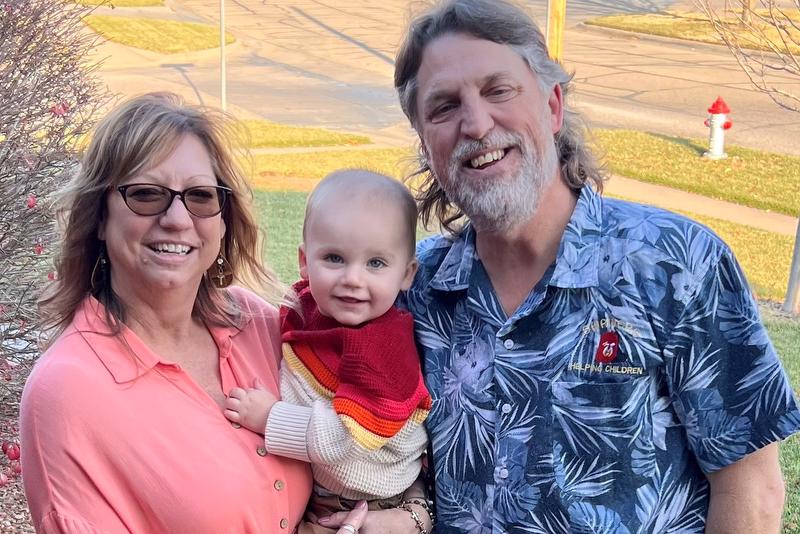 Partner News · News
Partner News · News
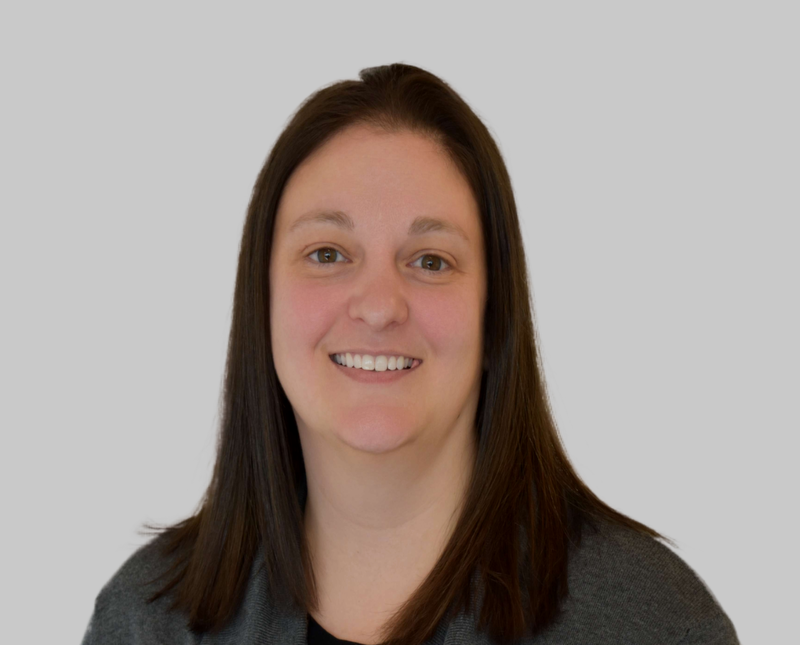 TL1 Trainee · News
TL1 Trainee · News
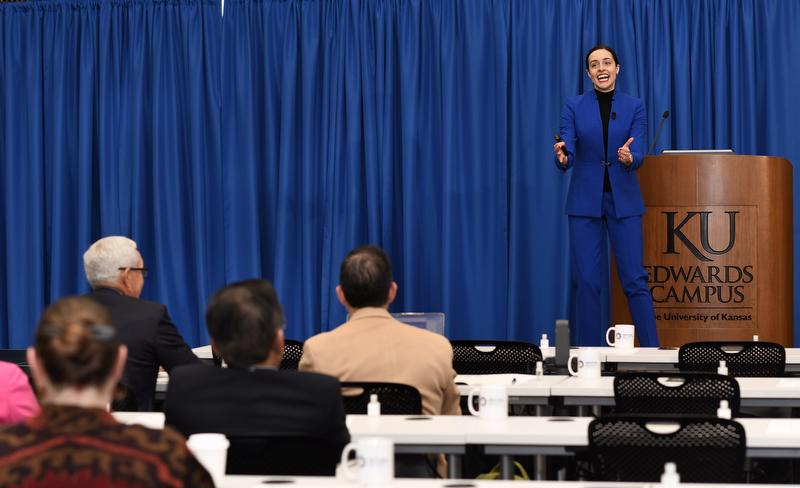 Events · News
Events · News
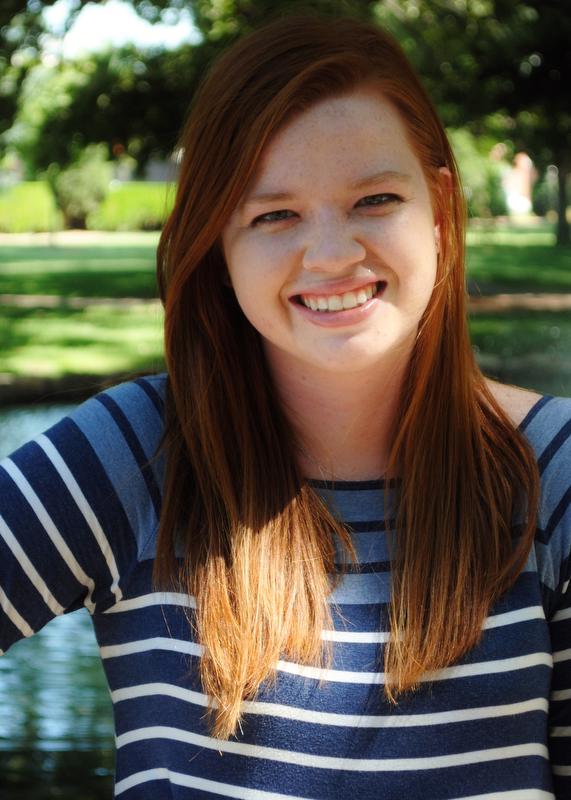 KL2 Scholar · News
KL2 Scholar · News
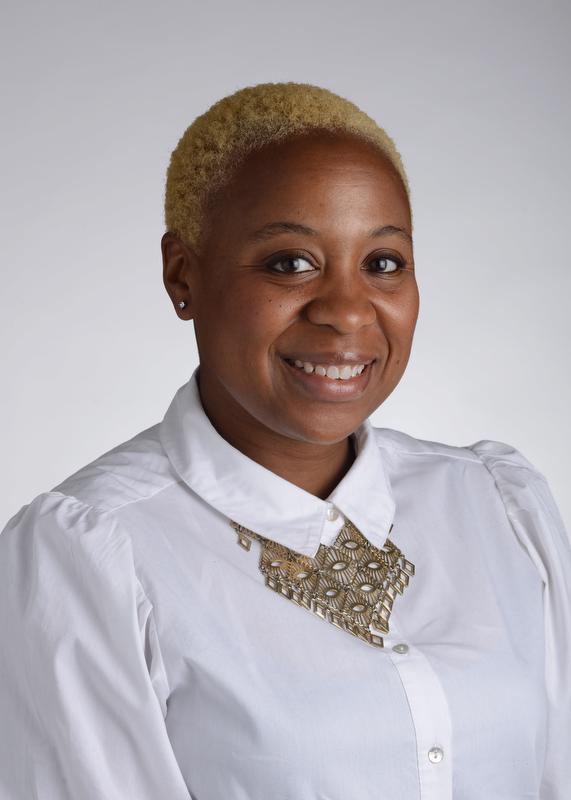 News
News
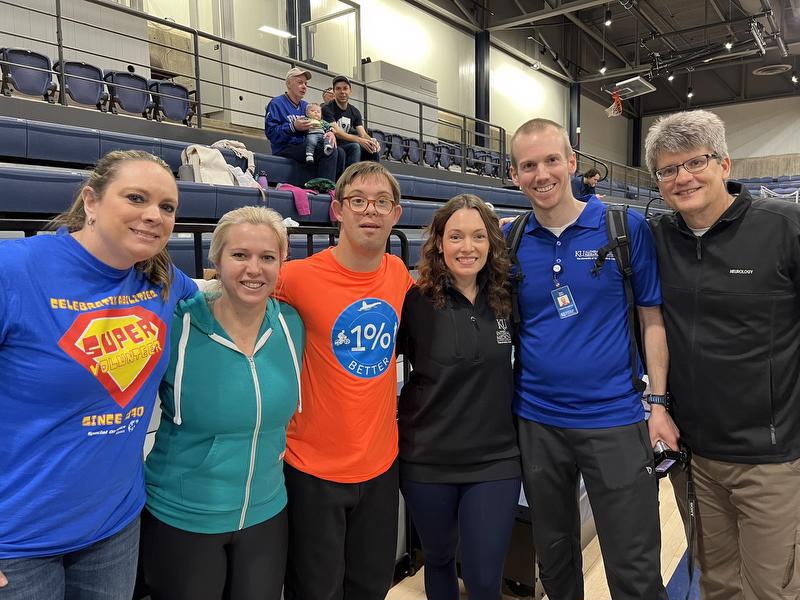 TL1 Trainee · News
TL1 Trainee · News
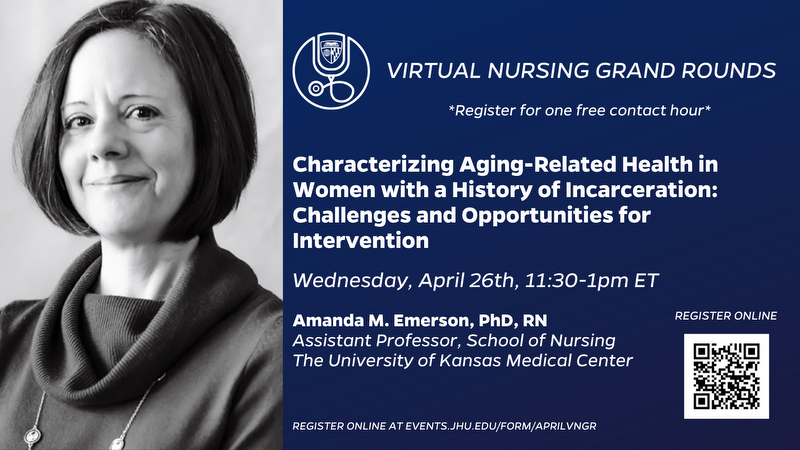 News · KL2 Scholar
News · KL2 Scholar
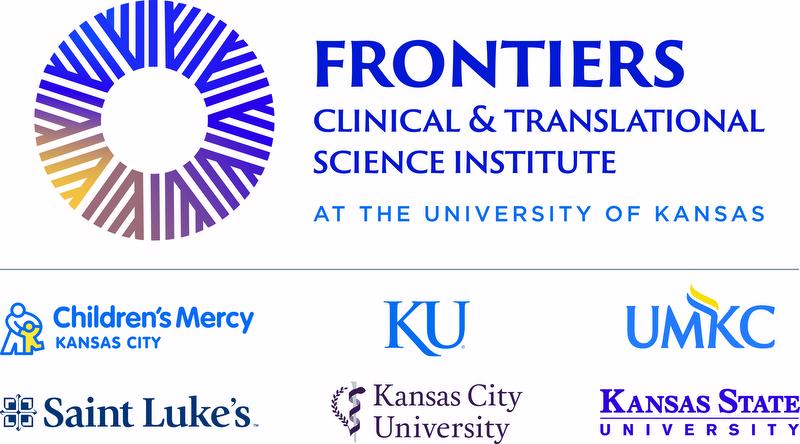
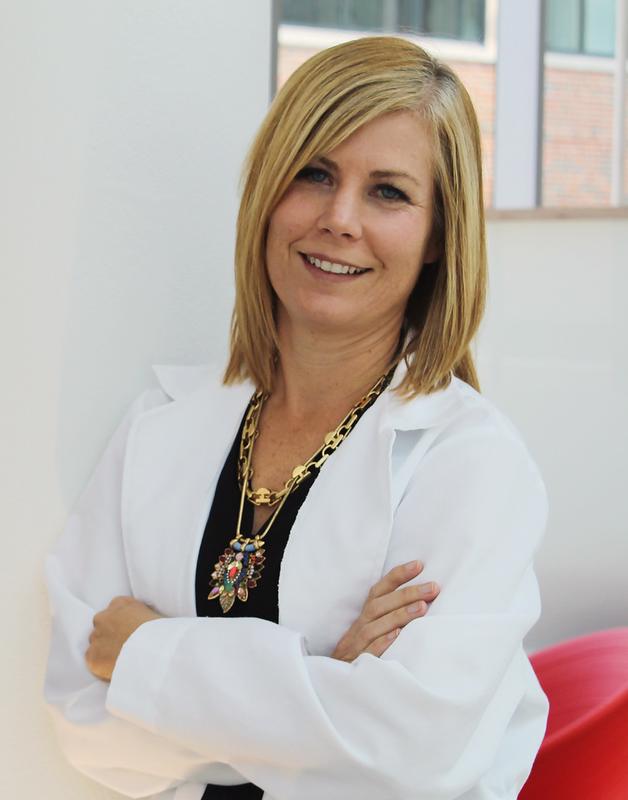 TL1 Trainee · News
TL1 Trainee · News
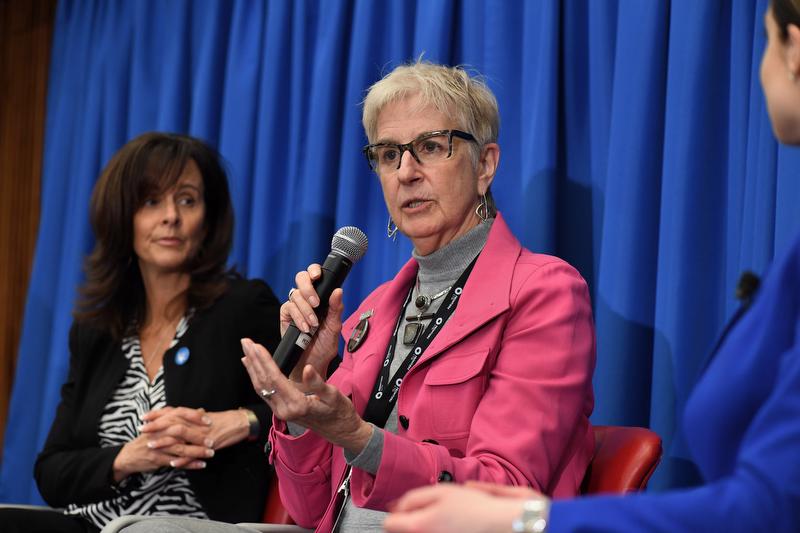 Events · News
Events · News
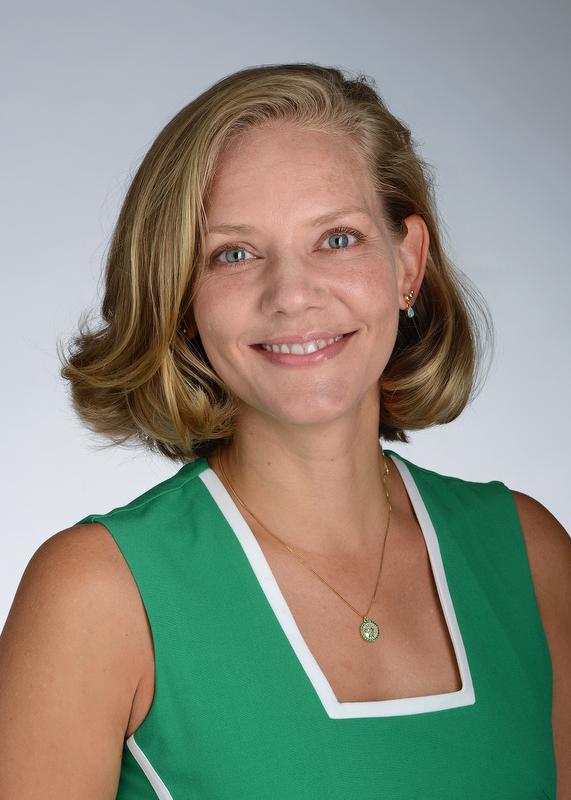 News
News
 News
News
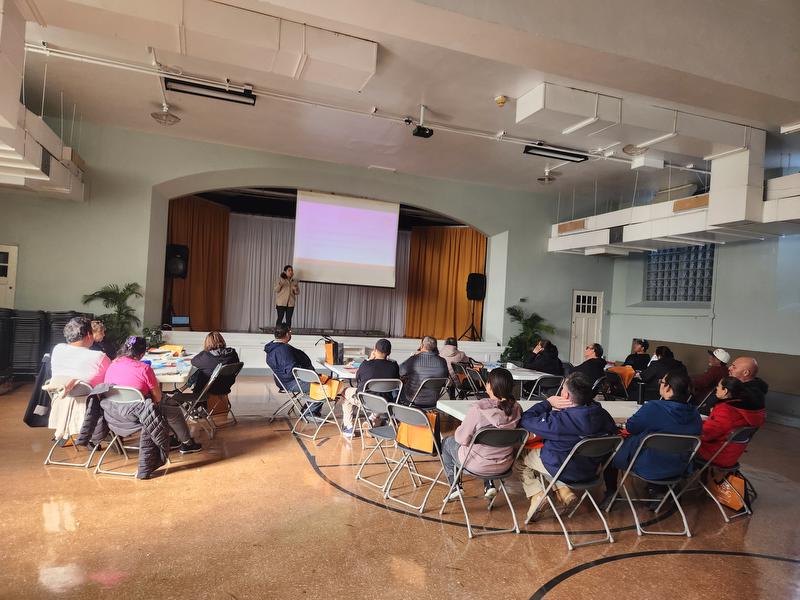

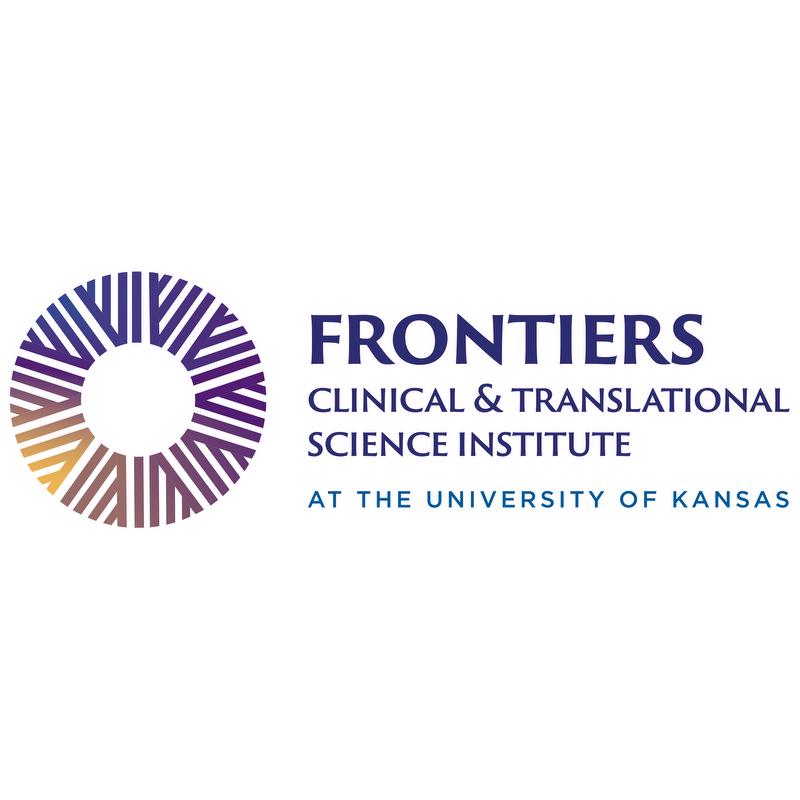 News
News
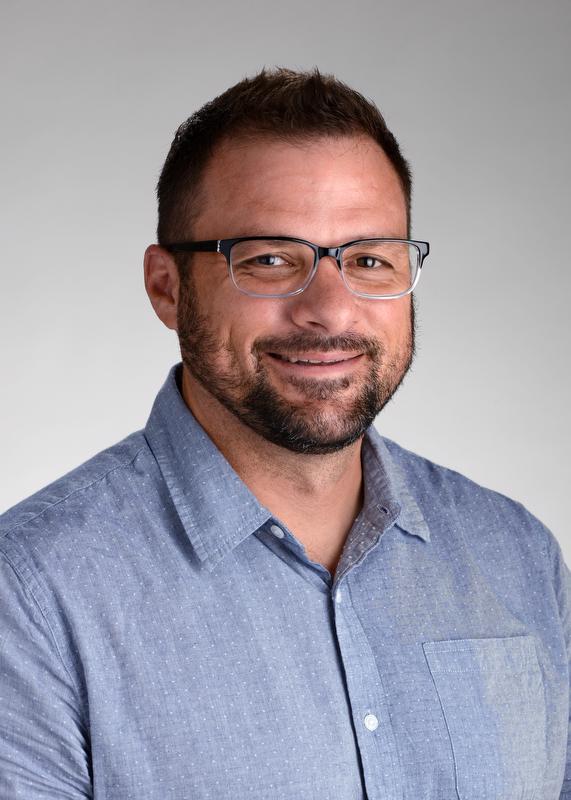
 40
40

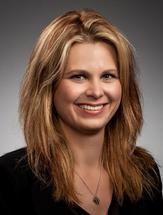 News
News
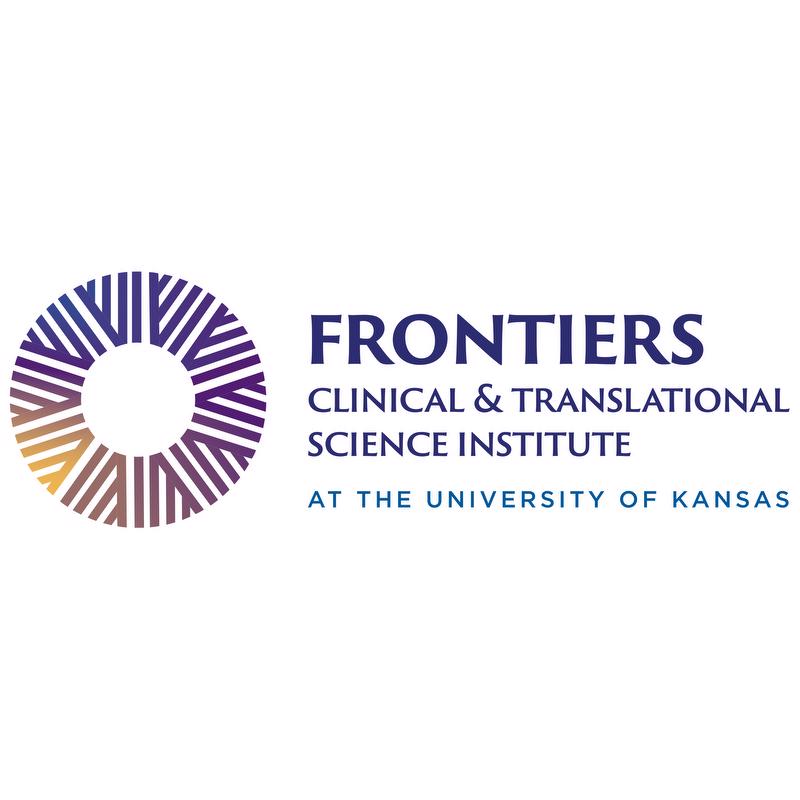 News
News
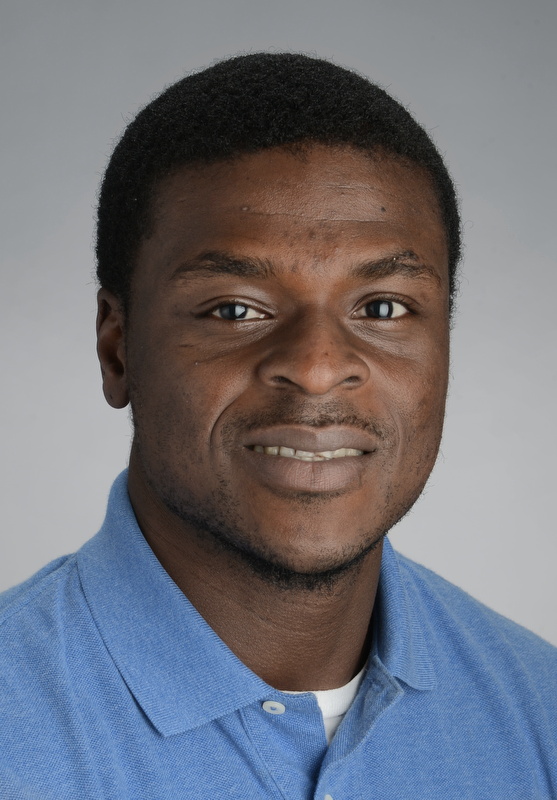 TL1 Trainee · News
TL1 Trainee · News
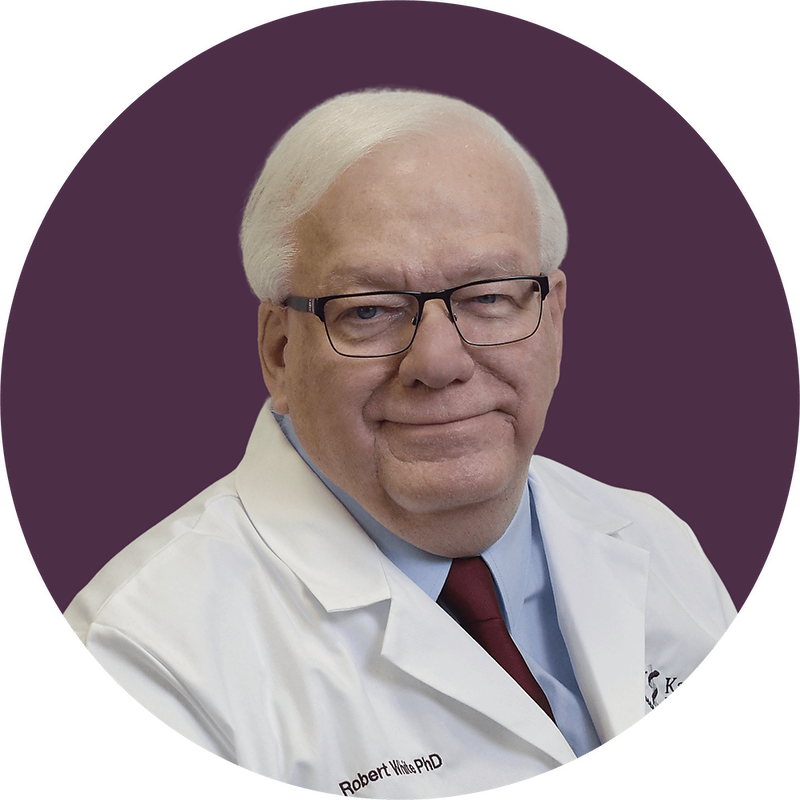 News
News
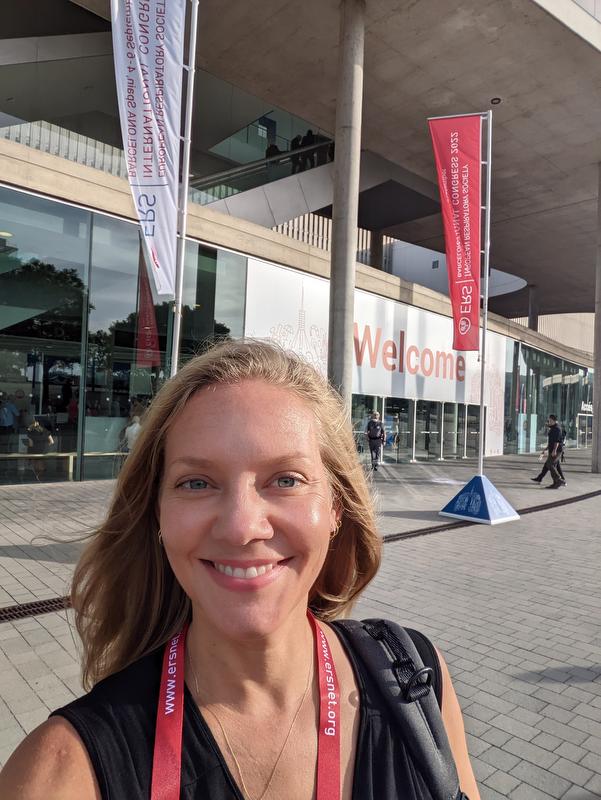 Funded Projects · News
Funded Projects · News
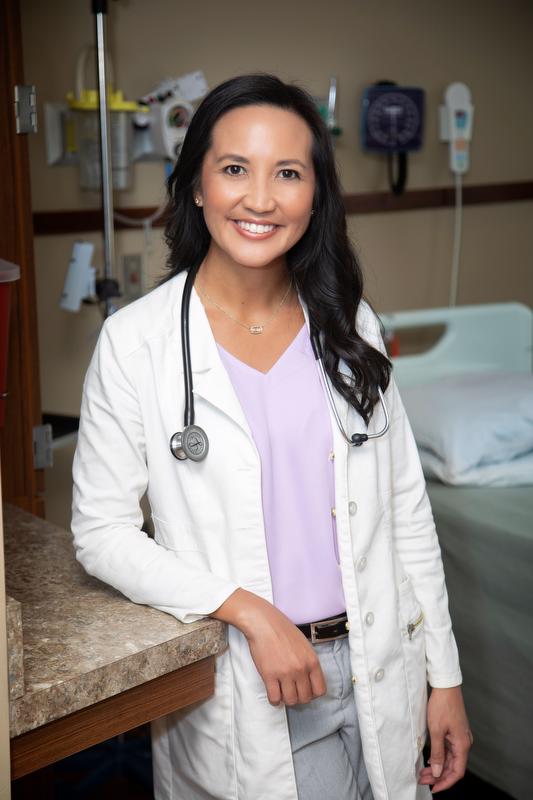 News · In the Community
News · In the Community
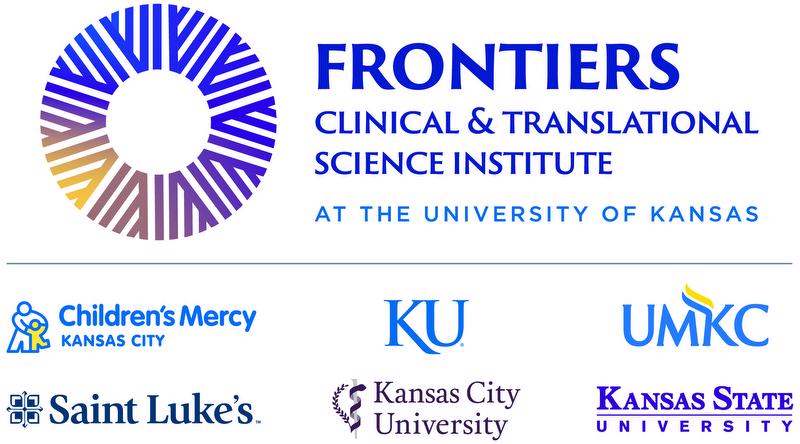 Funded Projects · News
Funded Projects · News
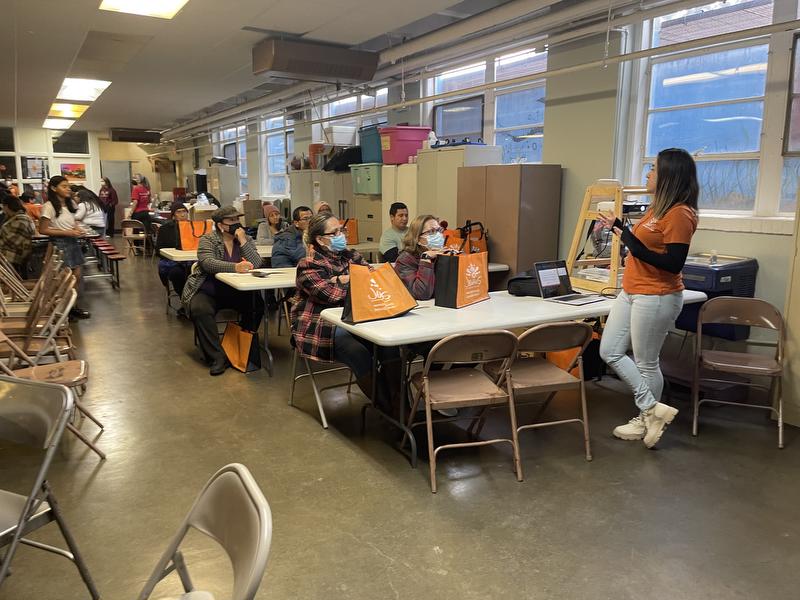 In the Community
In the Community
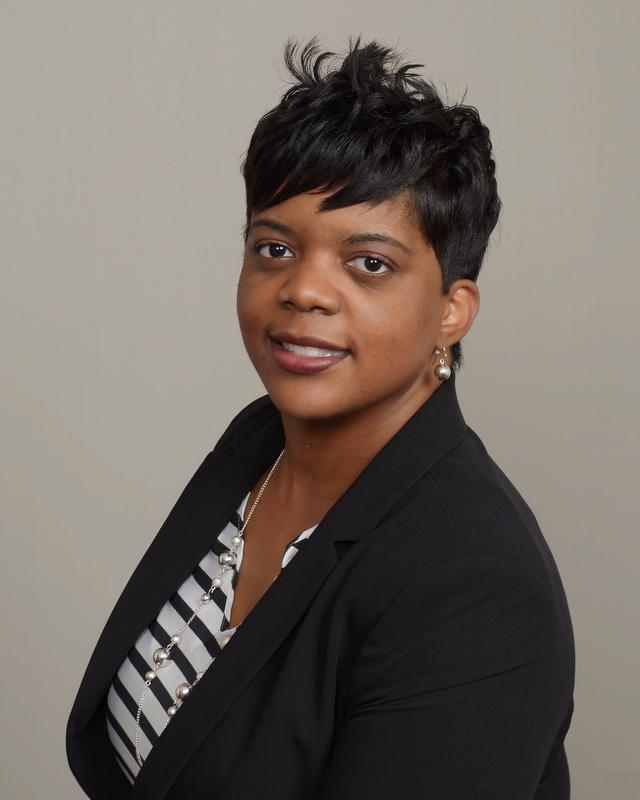 News · In the Community · Partner News
News · In the Community · Partner News
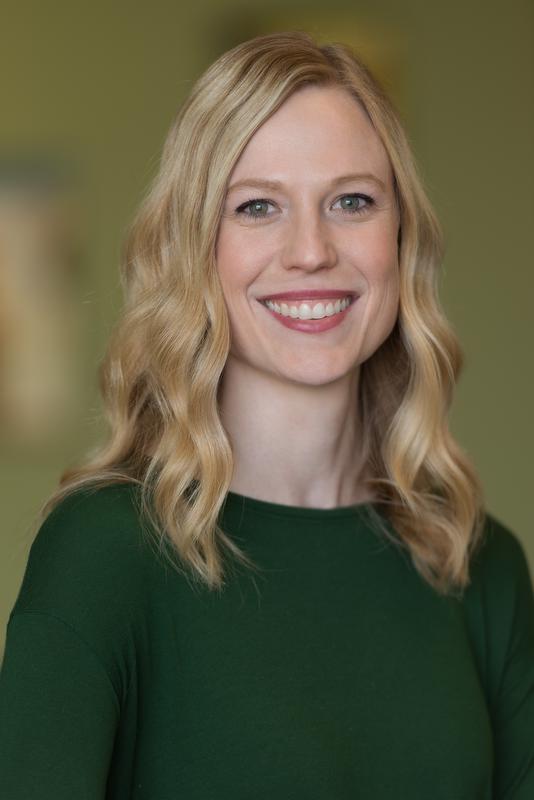 KL2 Scholar · News
KL2 Scholar · News
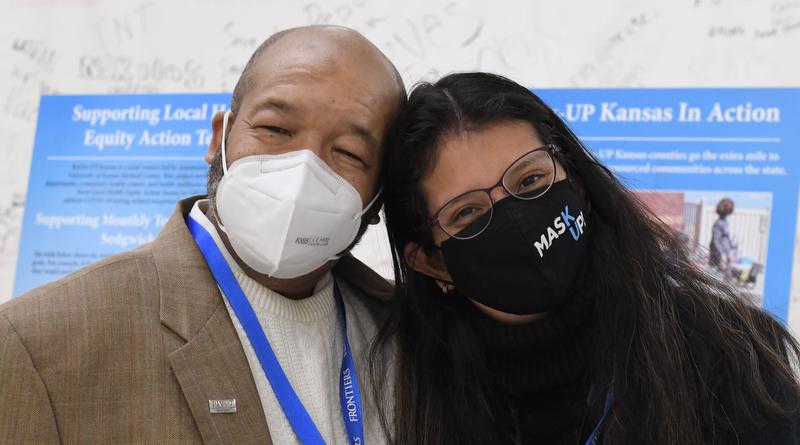 News · In the Community
News · In the Community
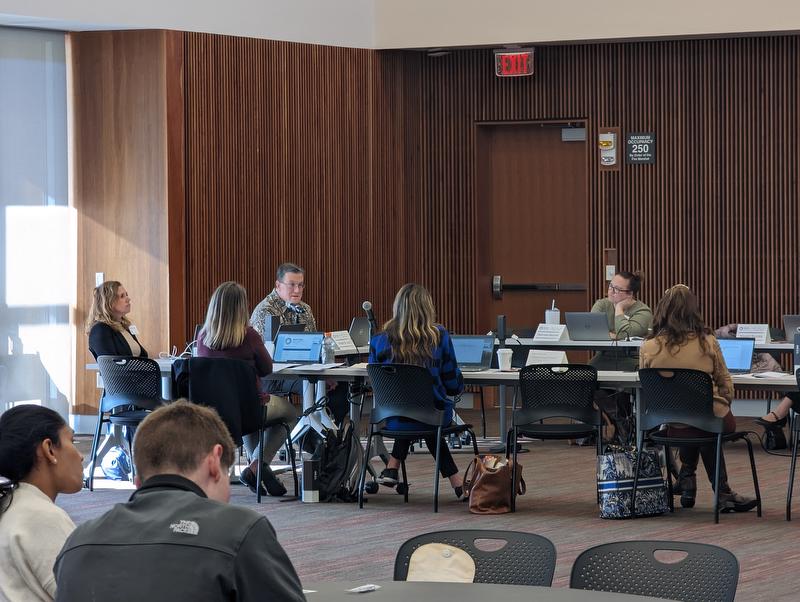 Events · News · Services
Events · News · Services
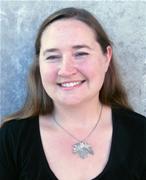 Funded Projects · News
Funded Projects · News
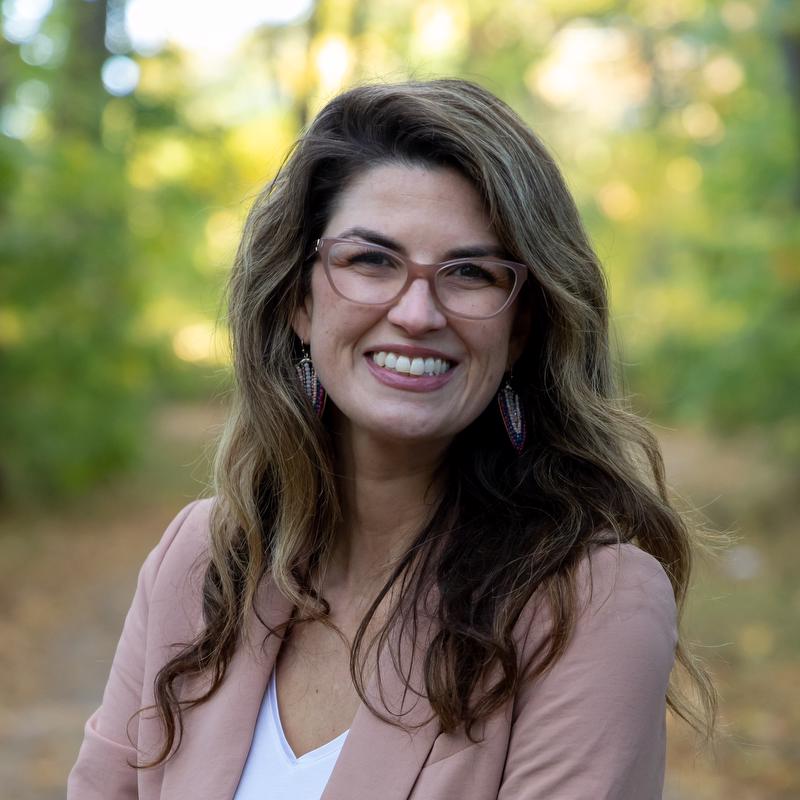 KL2 Scholar · Funded Projects · News
KL2 Scholar · Funded Projects · News
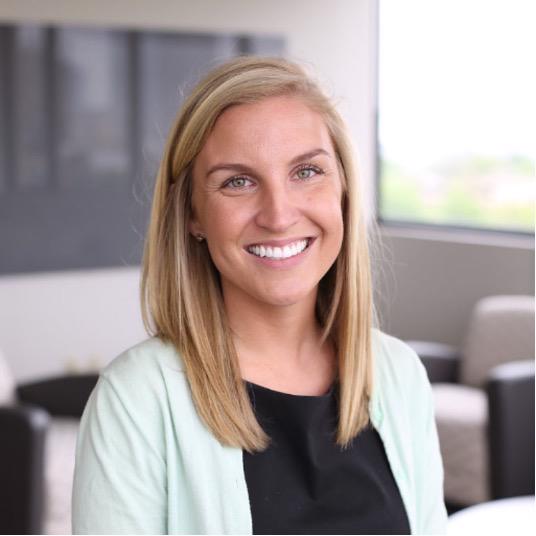 TL1 Trainee · Funded Projects · News
TL1 Trainee · Funded Projects · News
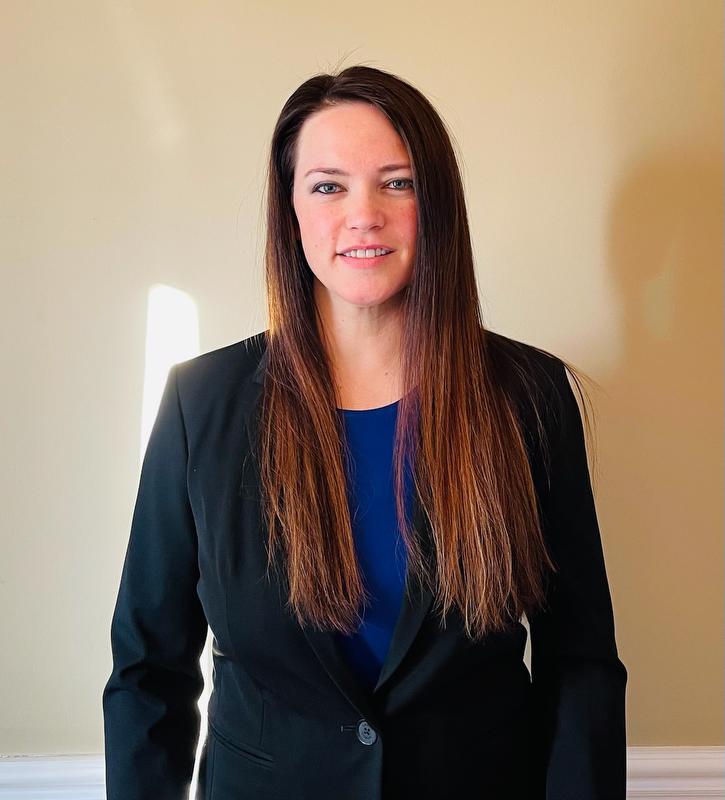 News
News
 News
News
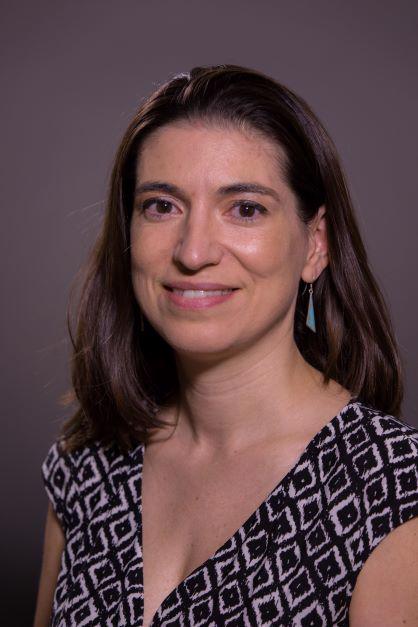 KL2 Scholar · Funded Projects
KL2 Scholar · Funded Projects
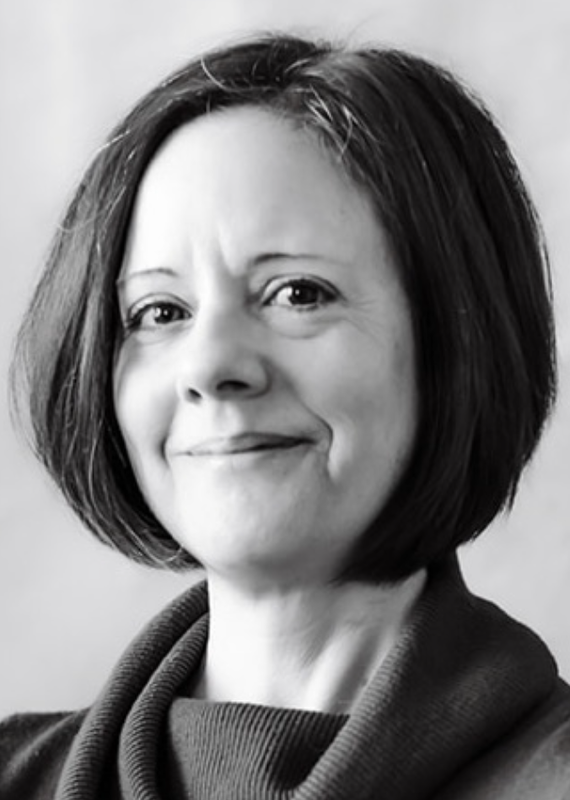 KL2 Scholar · Funded Projects
KL2 Scholar · Funded Projects
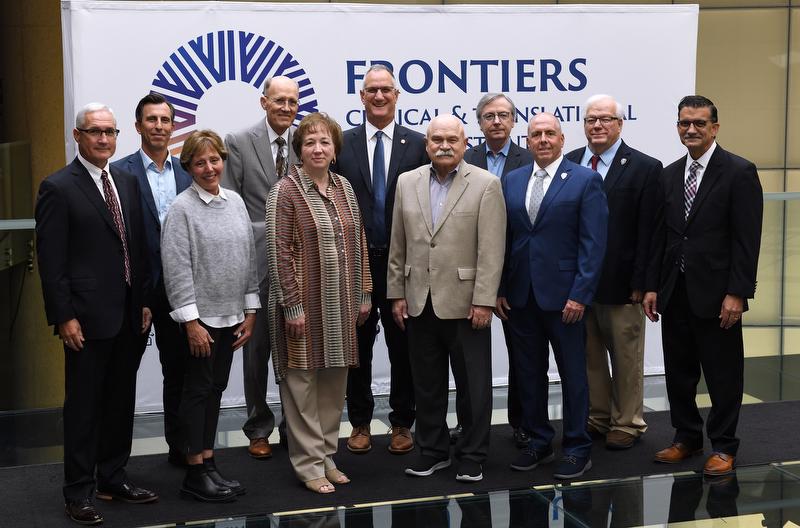 Events · News
Events · News
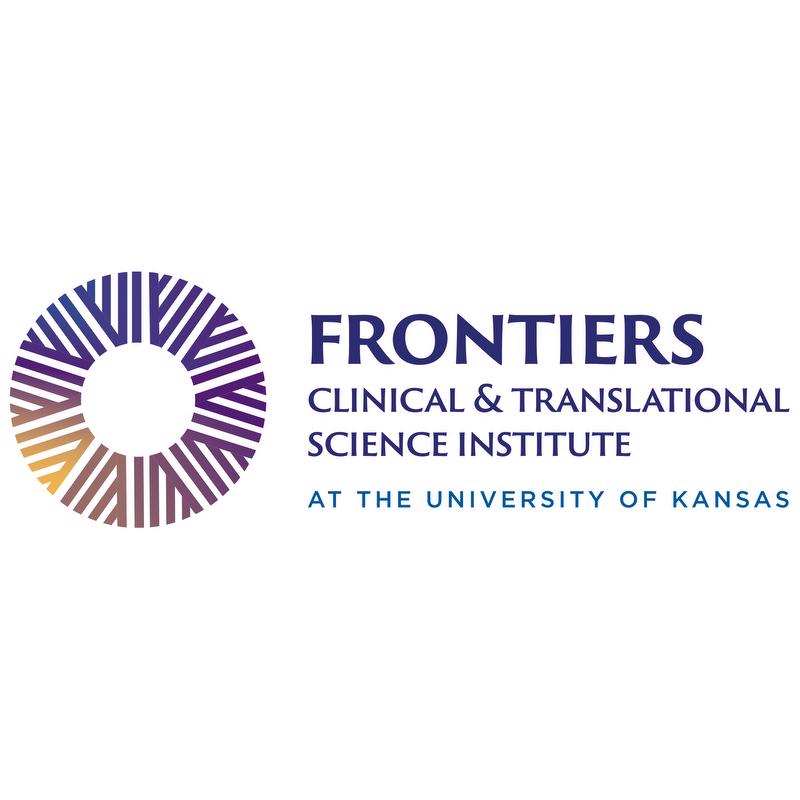 News
News
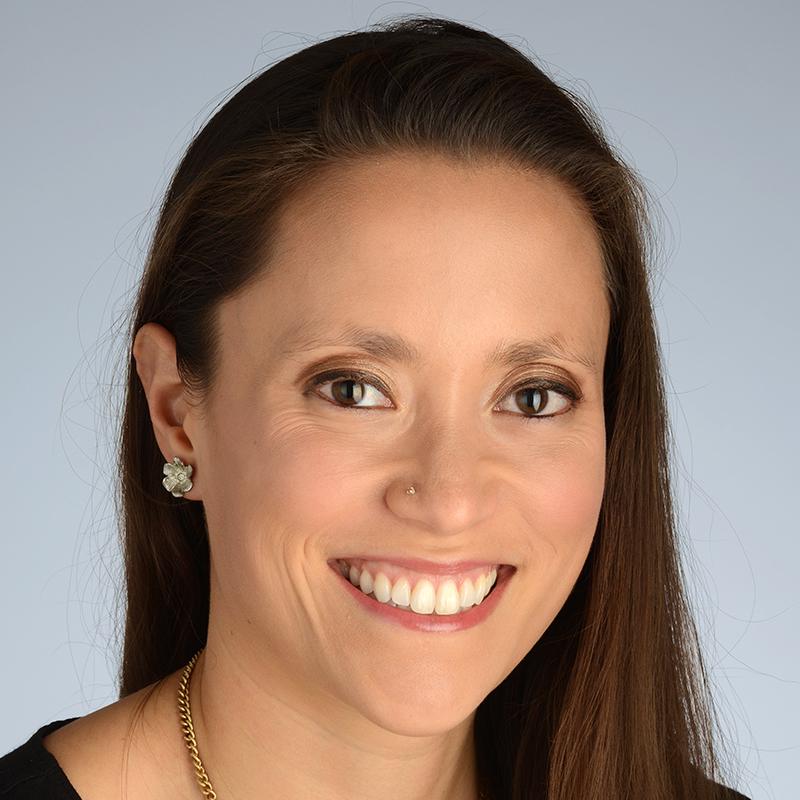 KL2 Scholar · Funded Projects
KL2 Scholar · Funded Projects
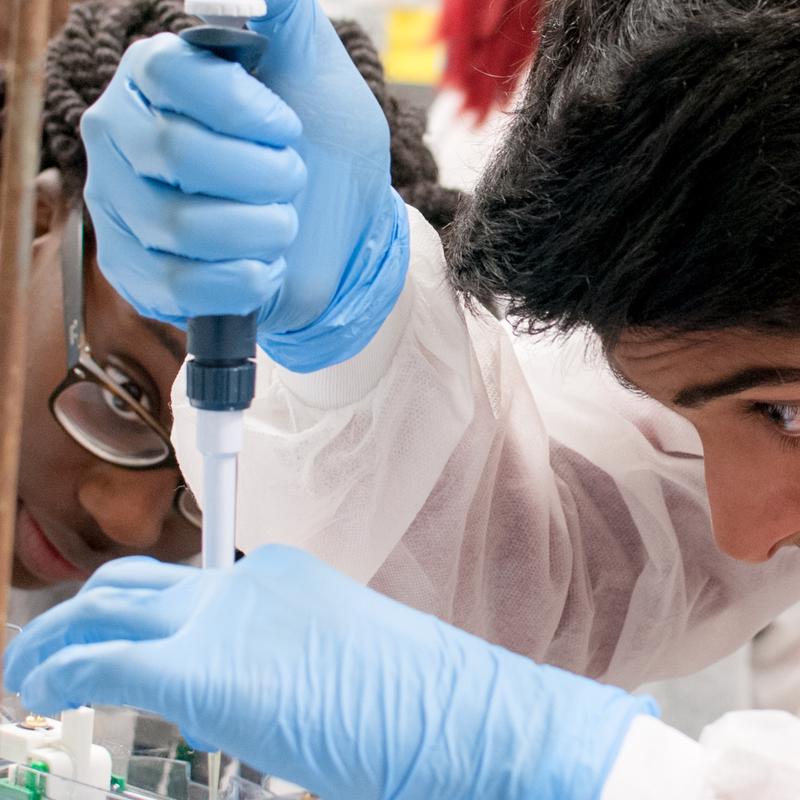 News
News
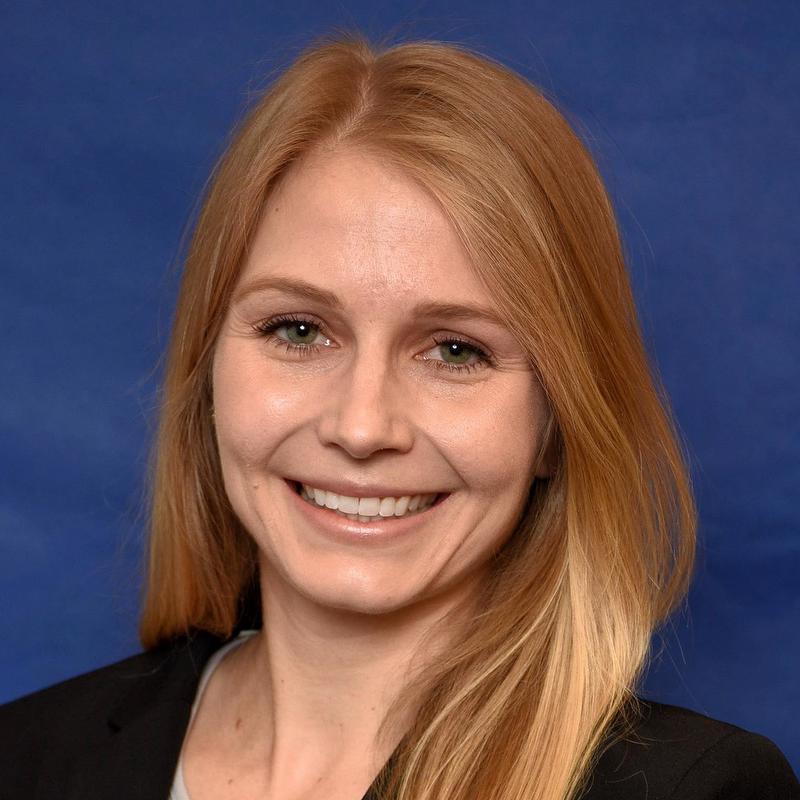 Funded Projects
Funded Projects
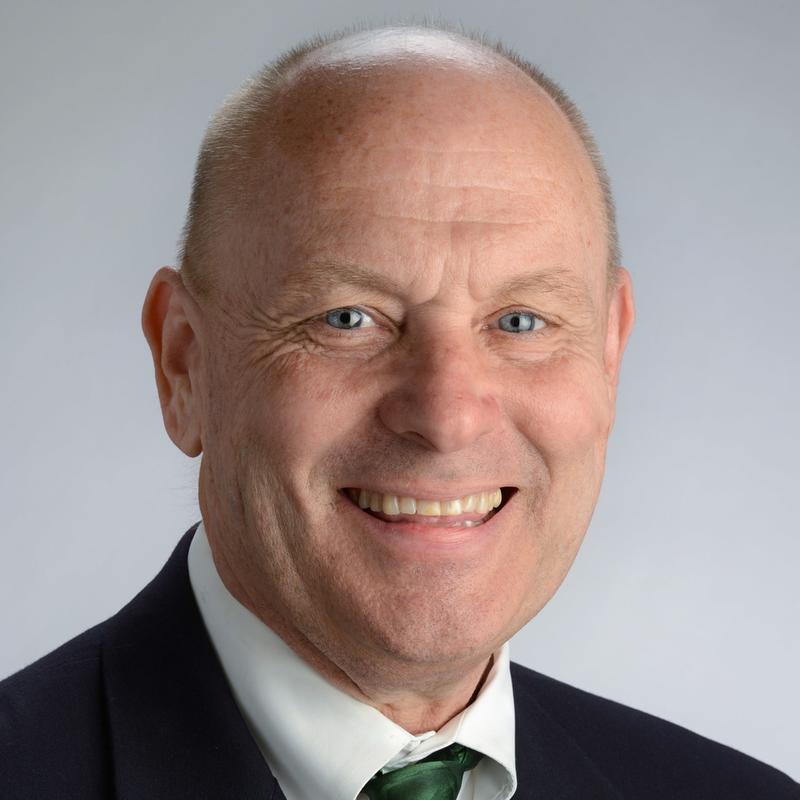
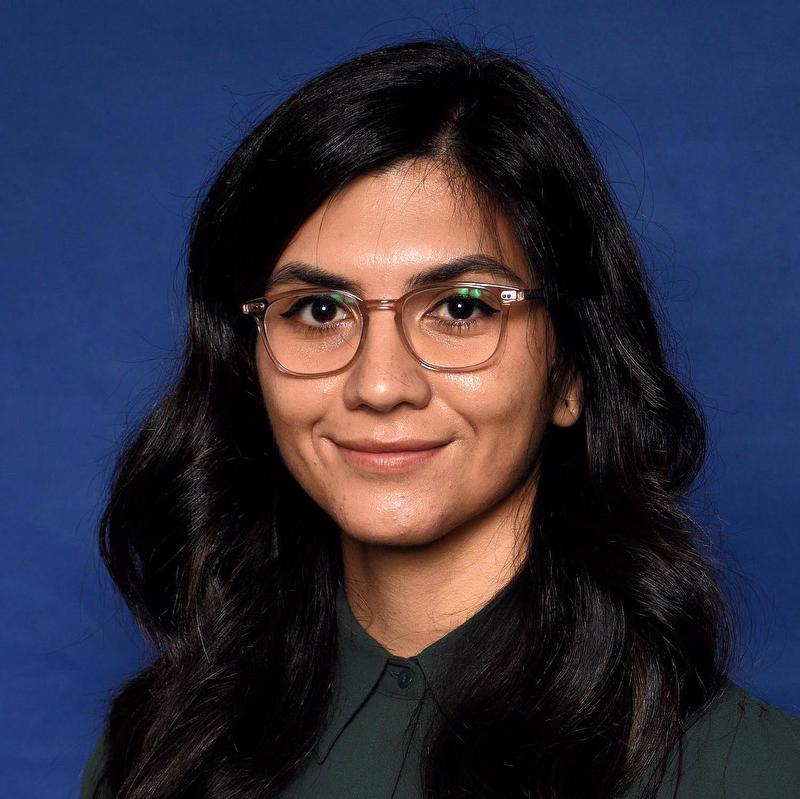 TL1 Trainee
TL1 Trainee
 News
News
 Funded Projects
Funded Projects
